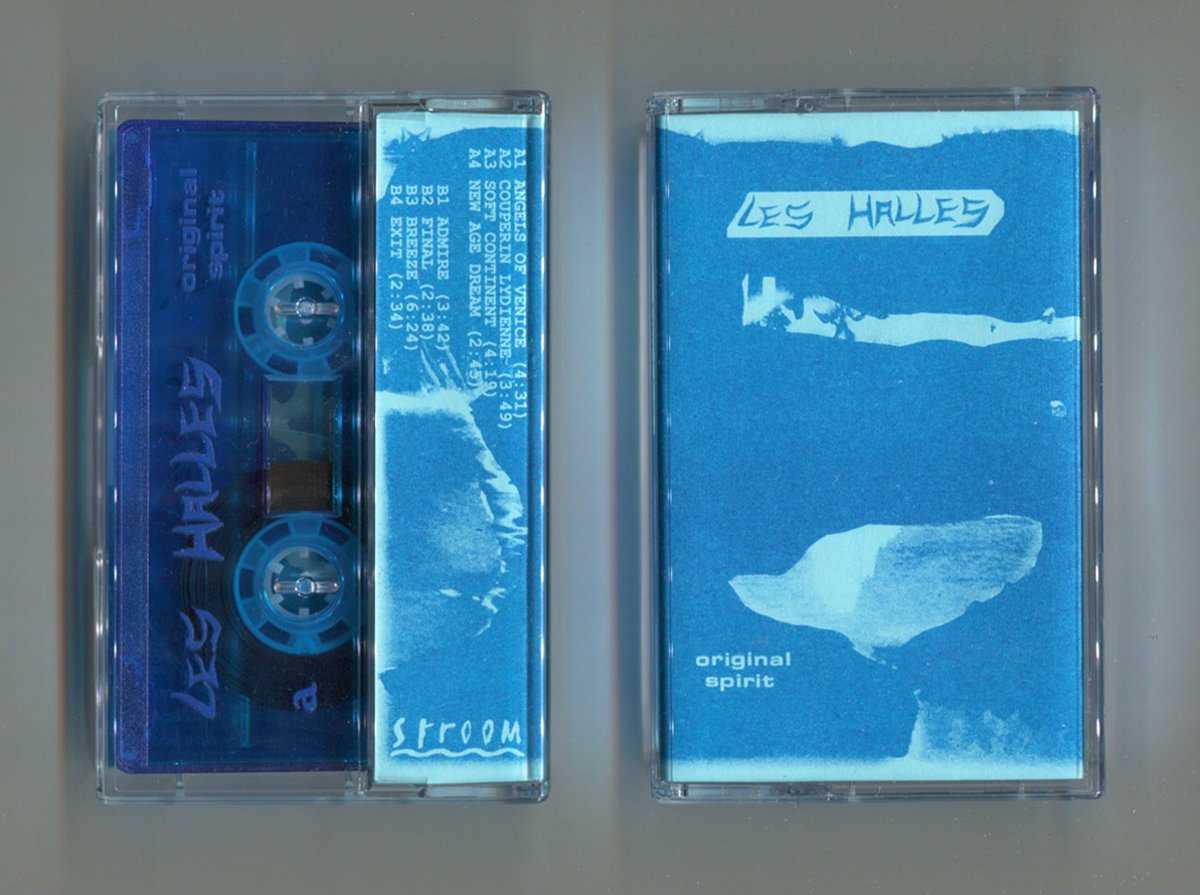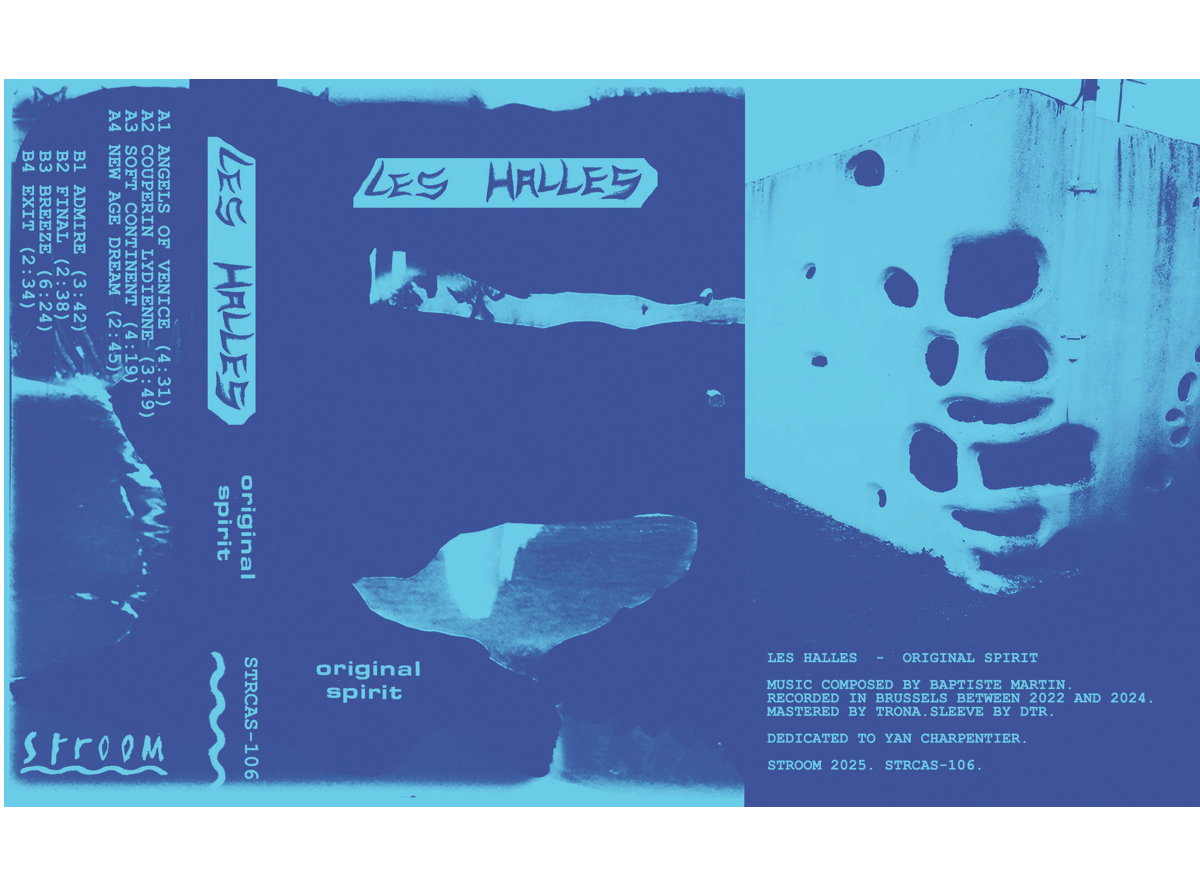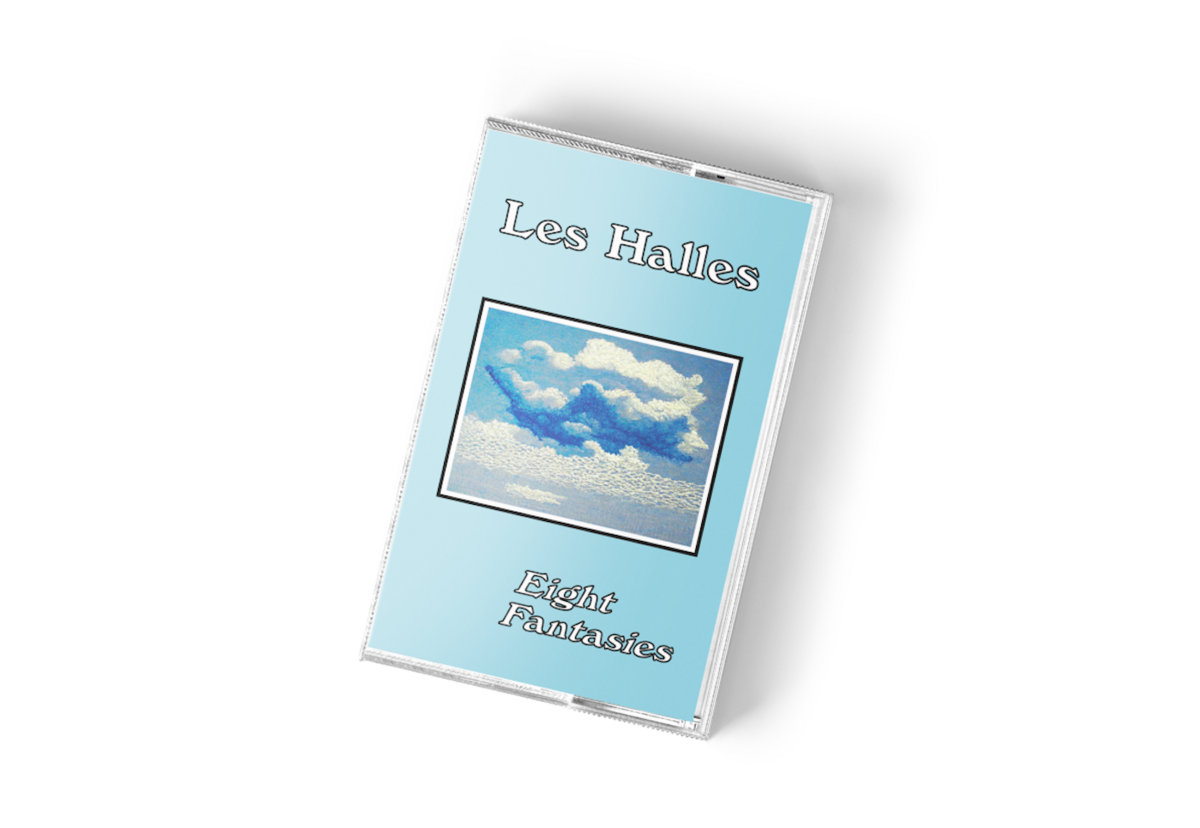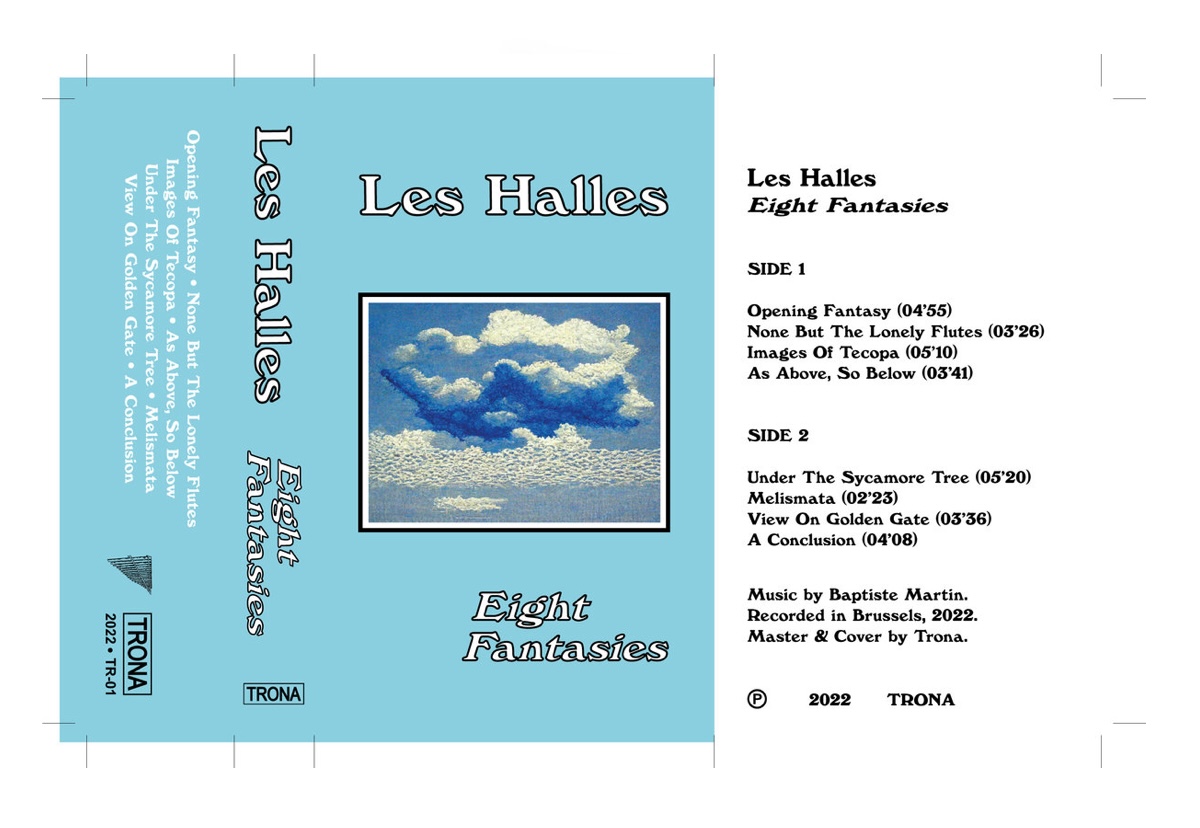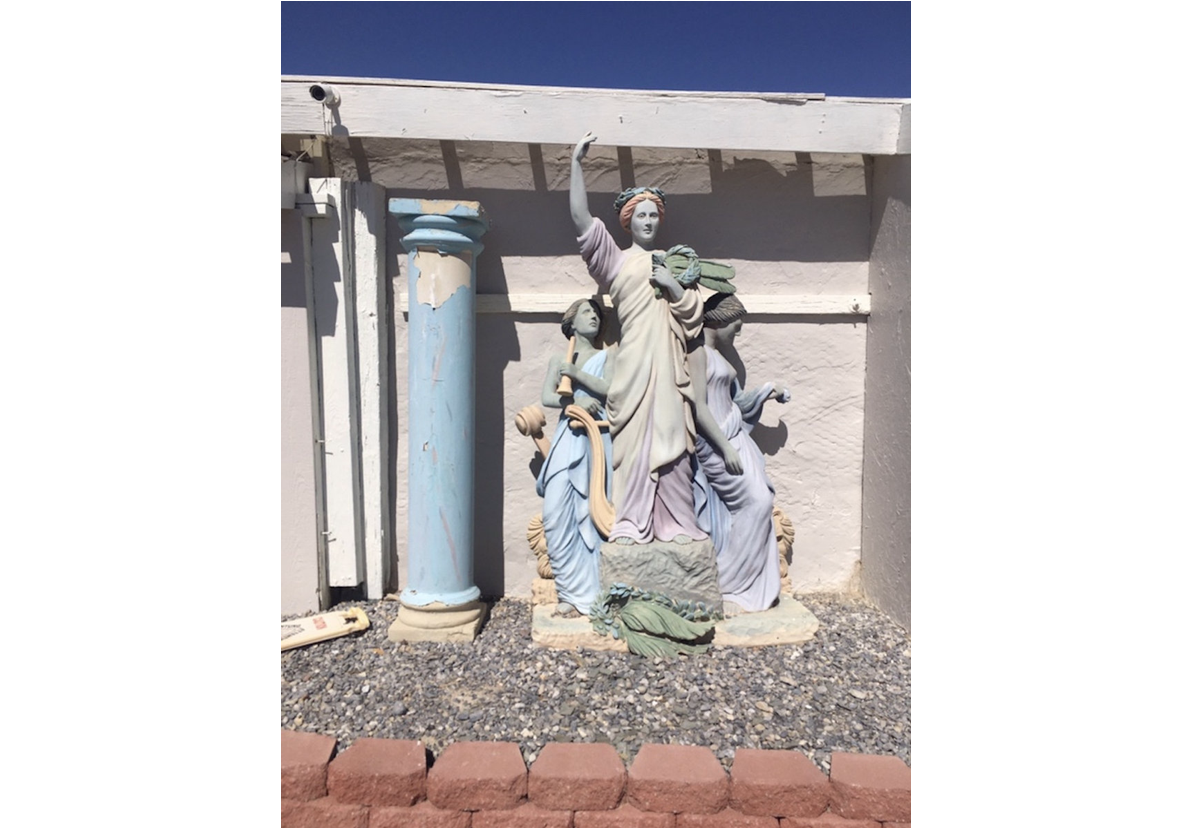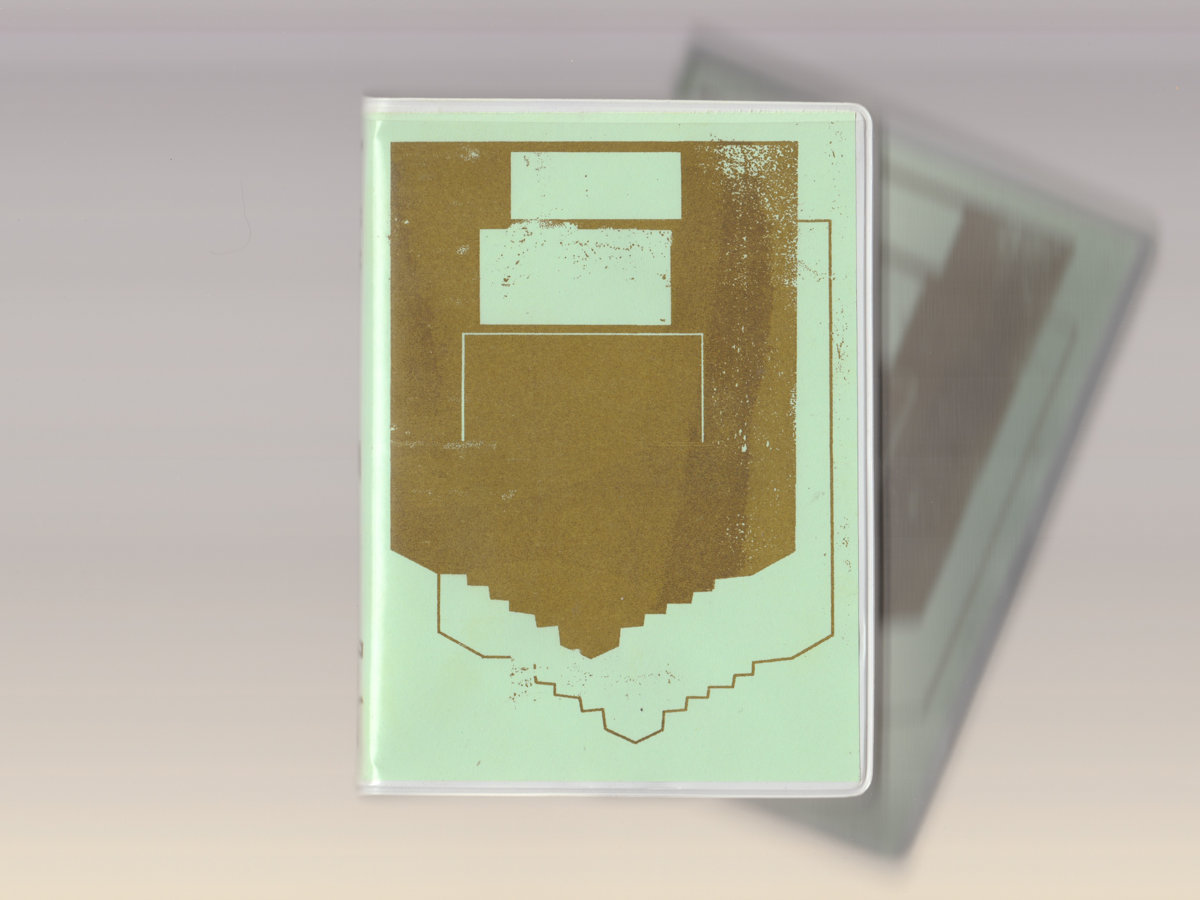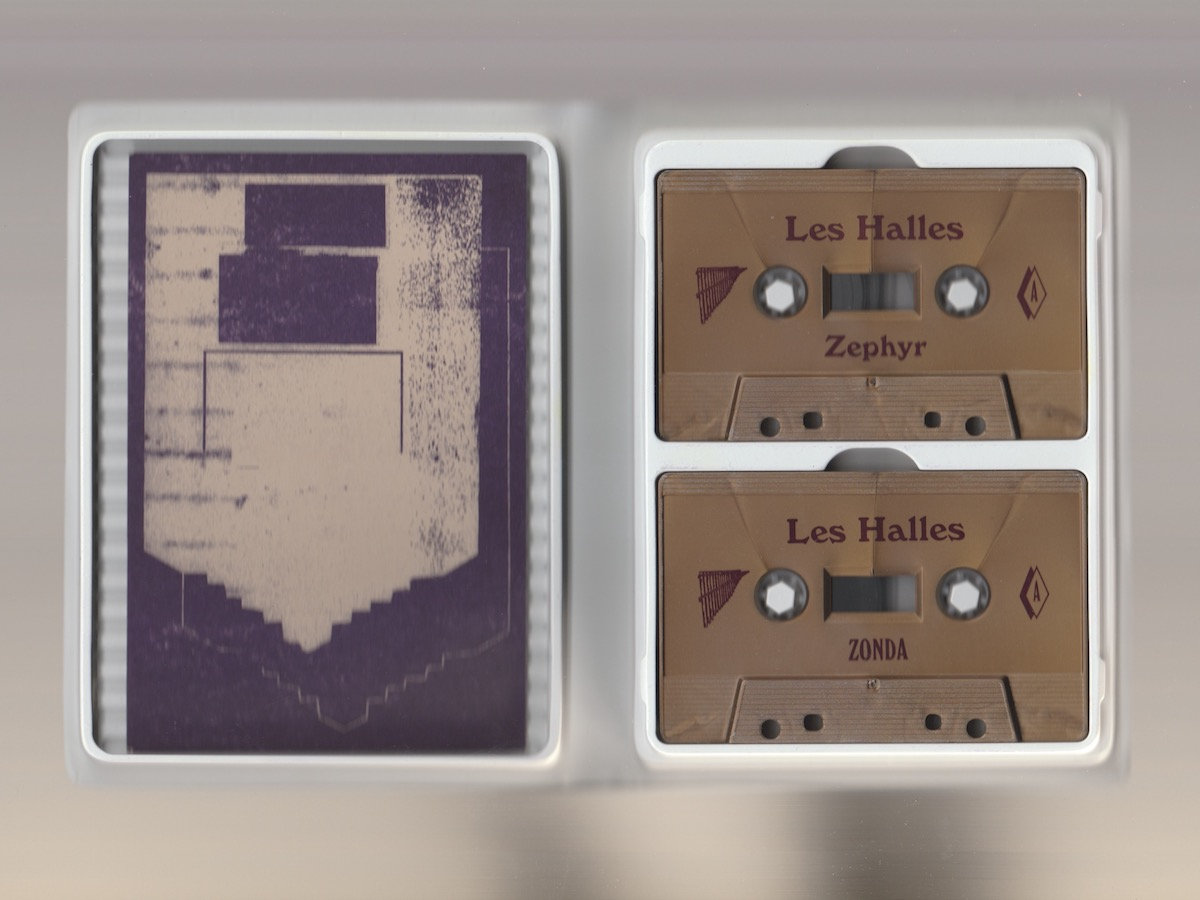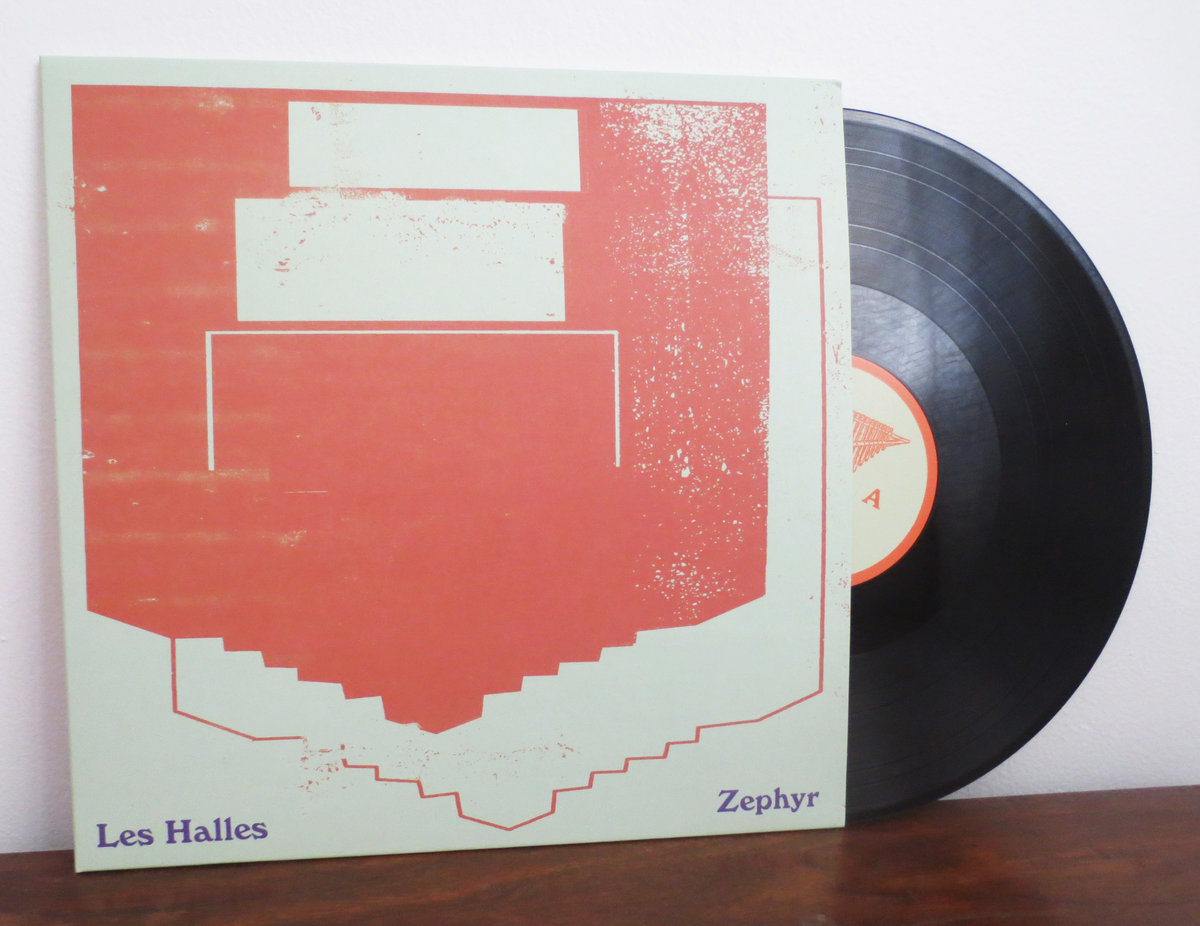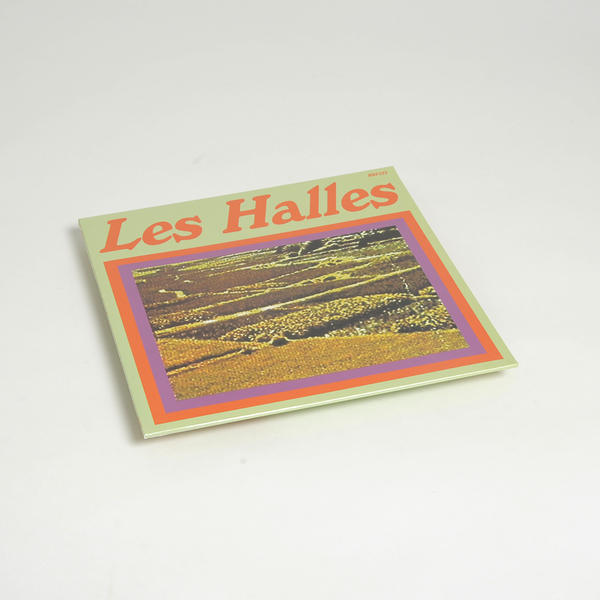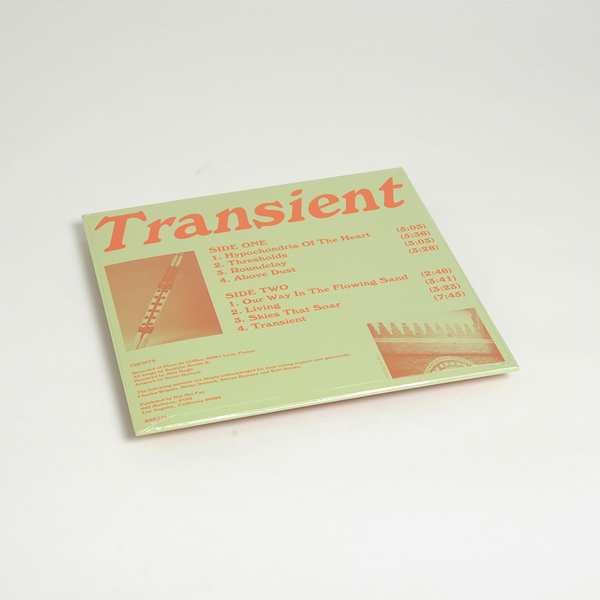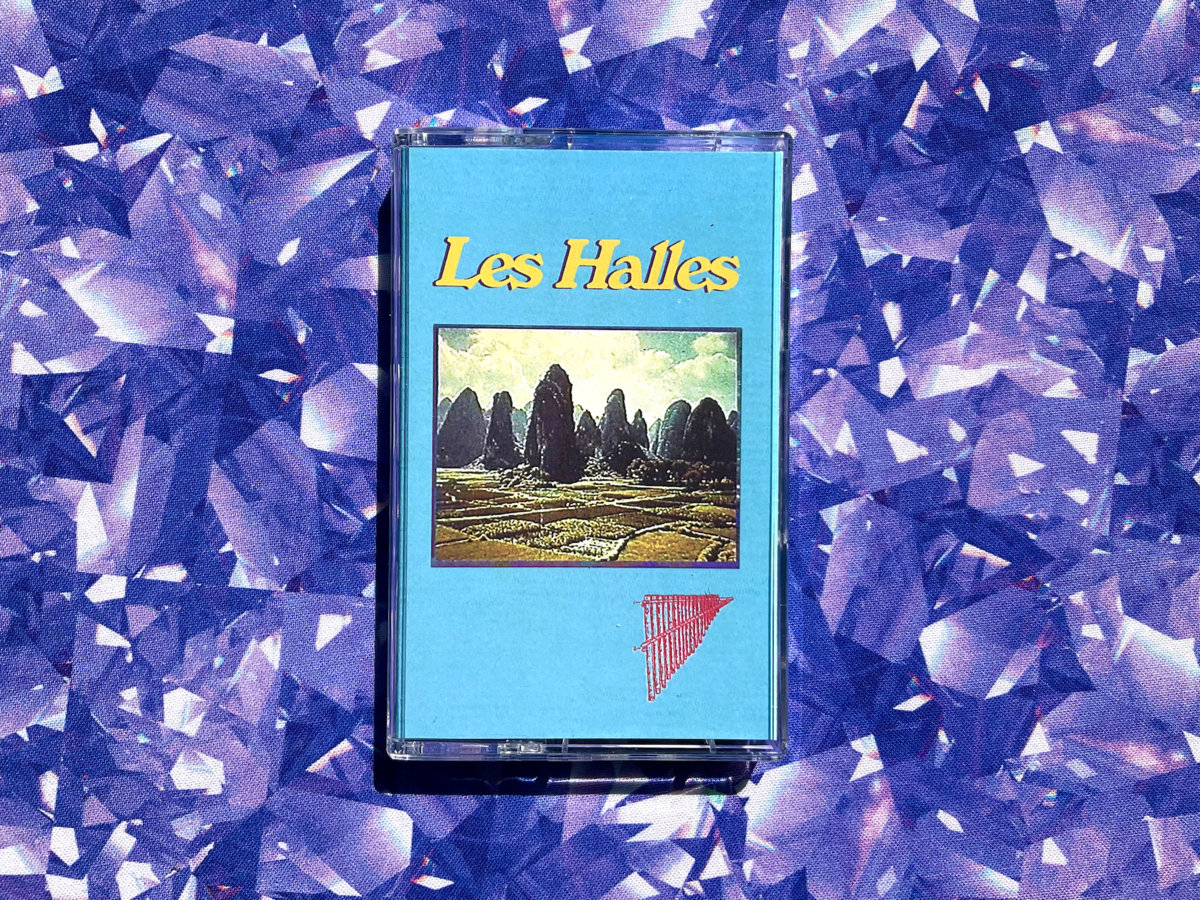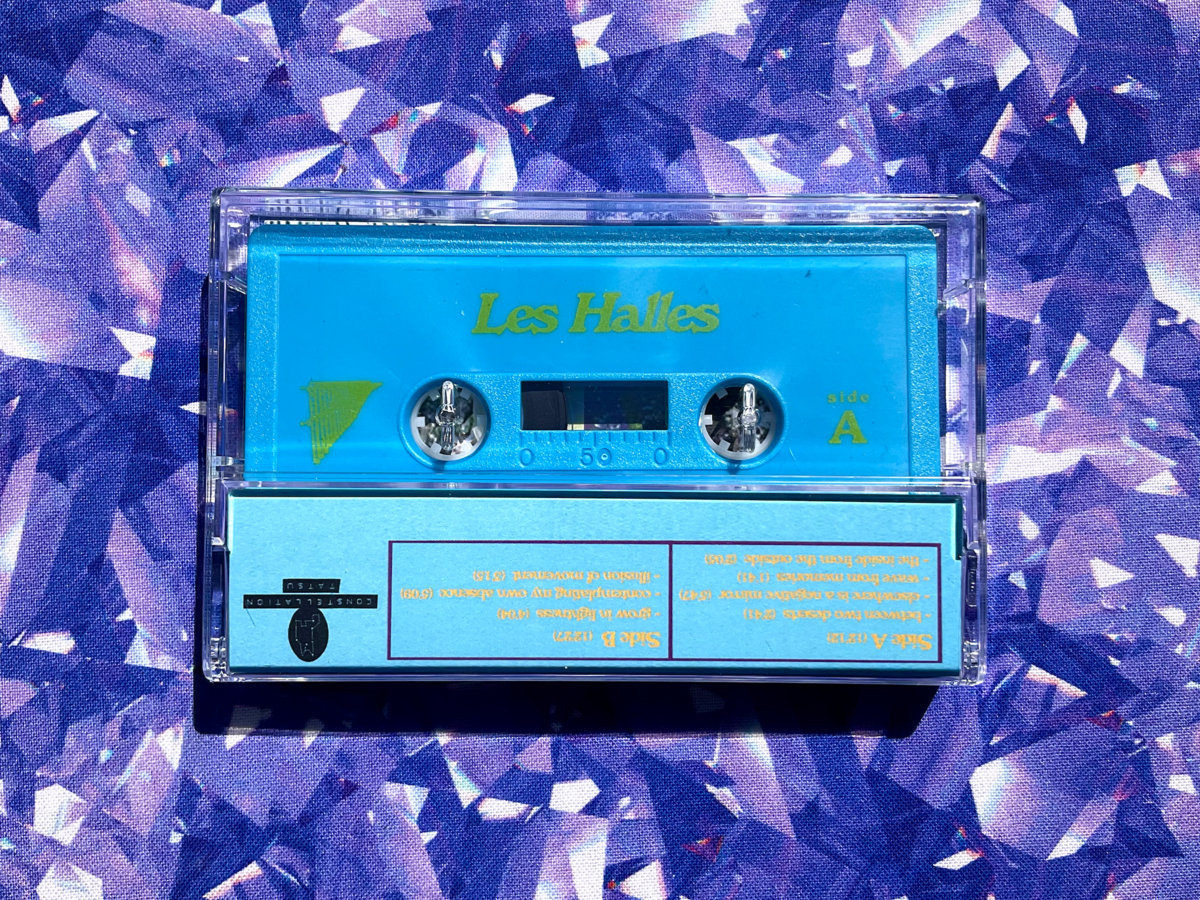Renowned for his evocative musical explorations, Baptiste Martin, the French ambient artist behind Les Halles, has been weaving delicate tapestries of sound since 2012. Infusing (pan) flute melodies, ethereal field recordings, and celestial keys, Les Halles' compositions transport listeners into a realm of contemplation and nostalgia - through hazed matrixes of fog, dust, and echo, scented with nameless dreams and past-life memories.
Les Halles’ music appears in films such as BLKNWS: Terms & Conditions (Kahlil Joseph, 2025) and Aanikoobijigan [ancestor / great-grandparent / great-grandchild] (Adam and Zack Khalil, 2026).
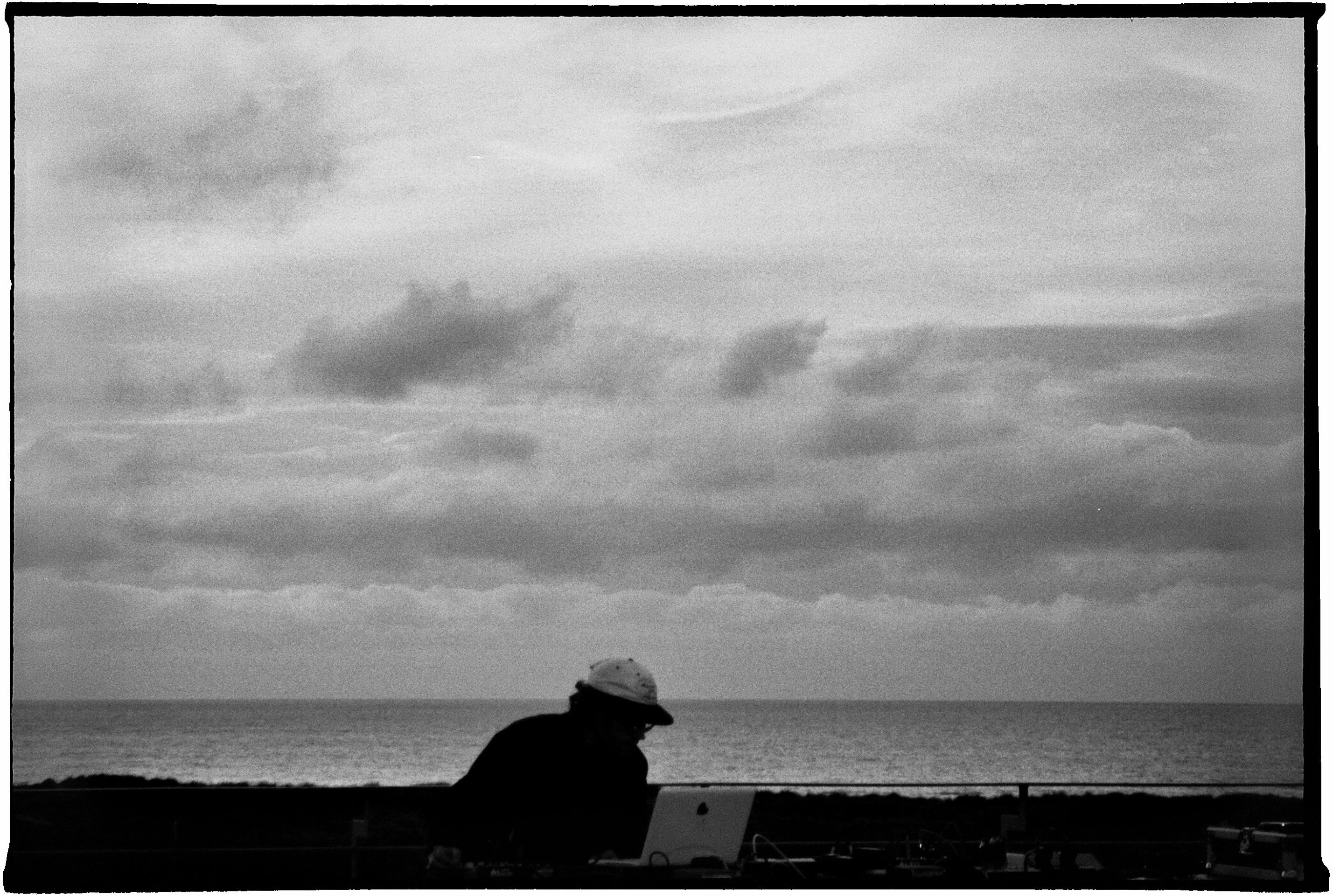
Visual archives
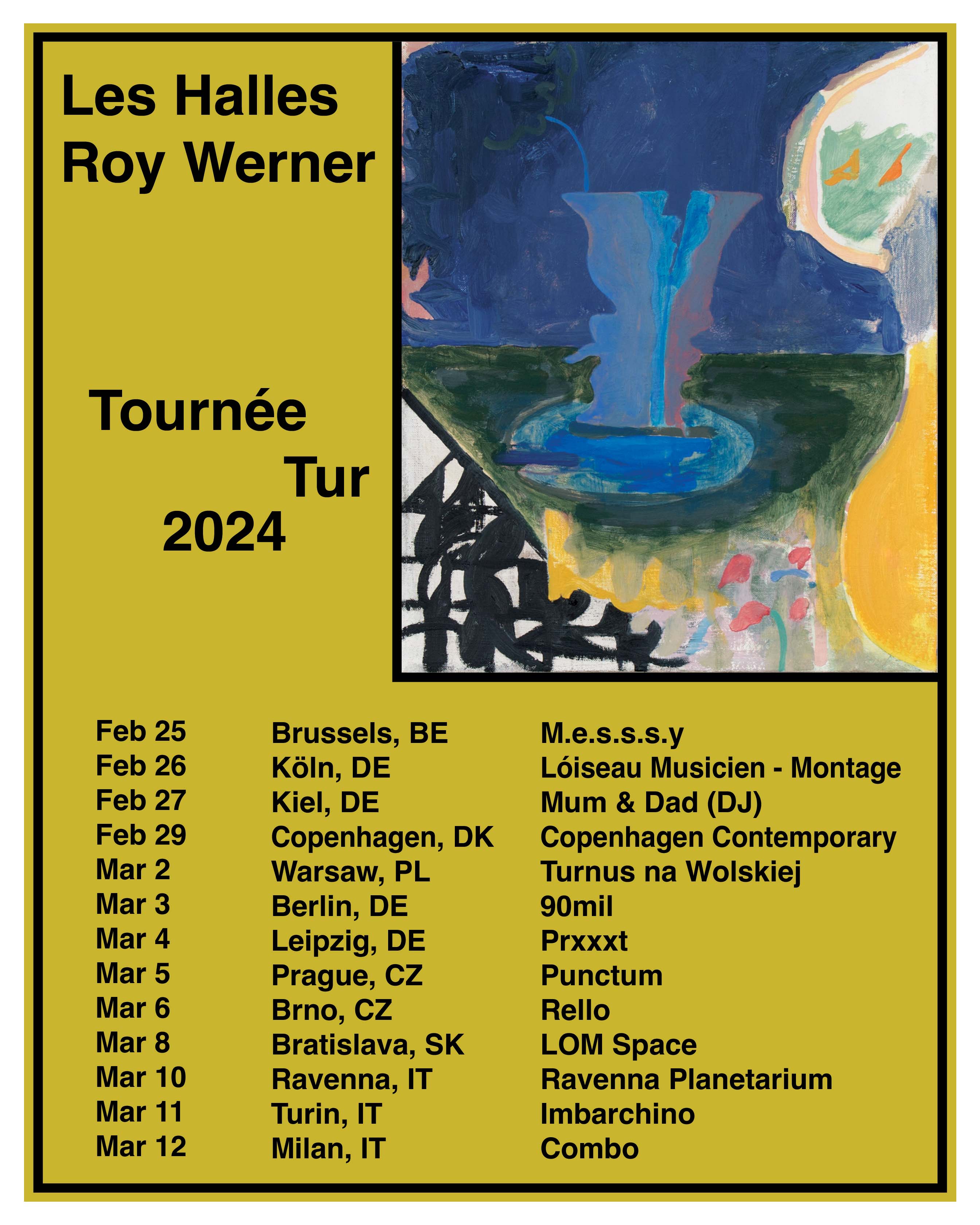
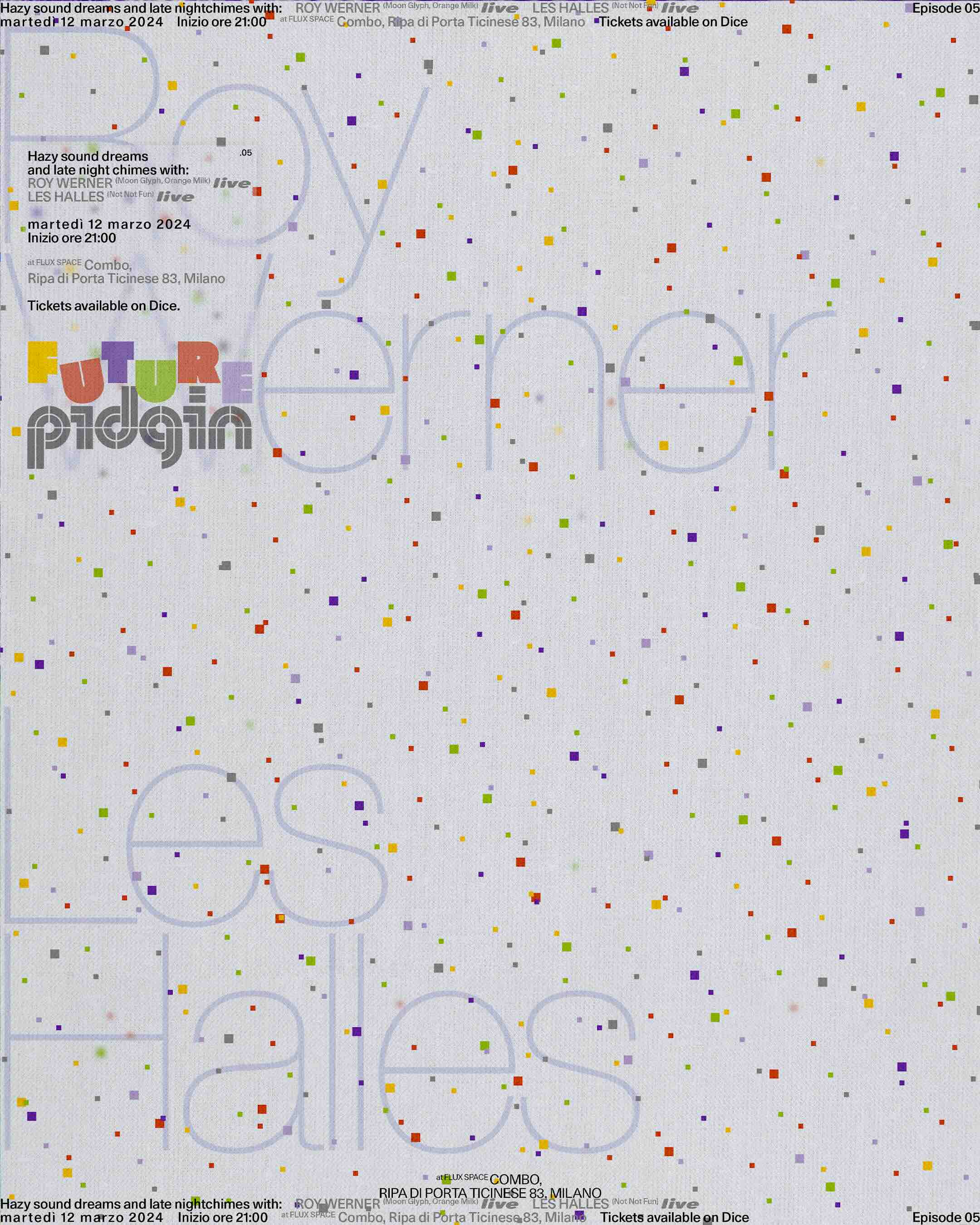
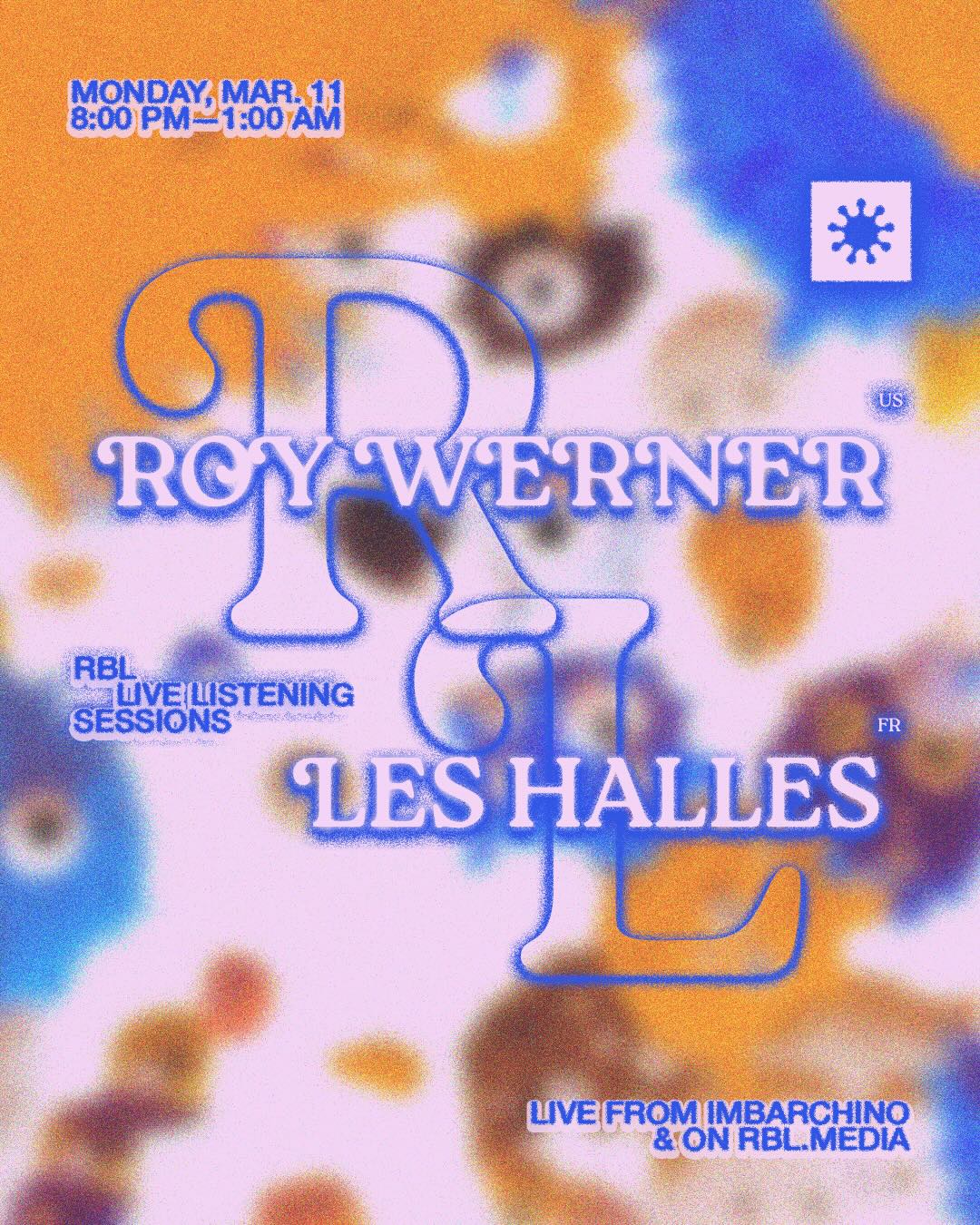
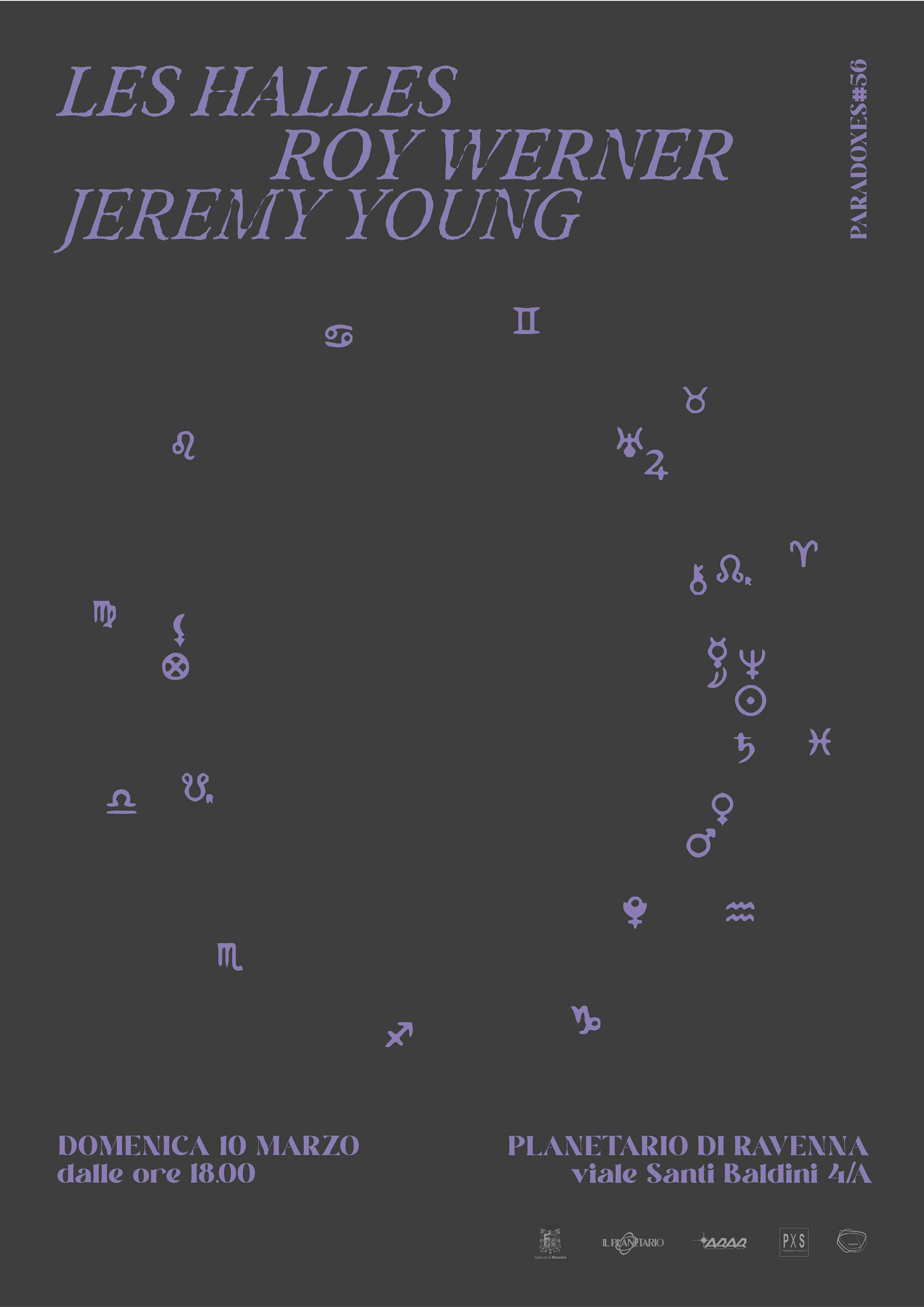
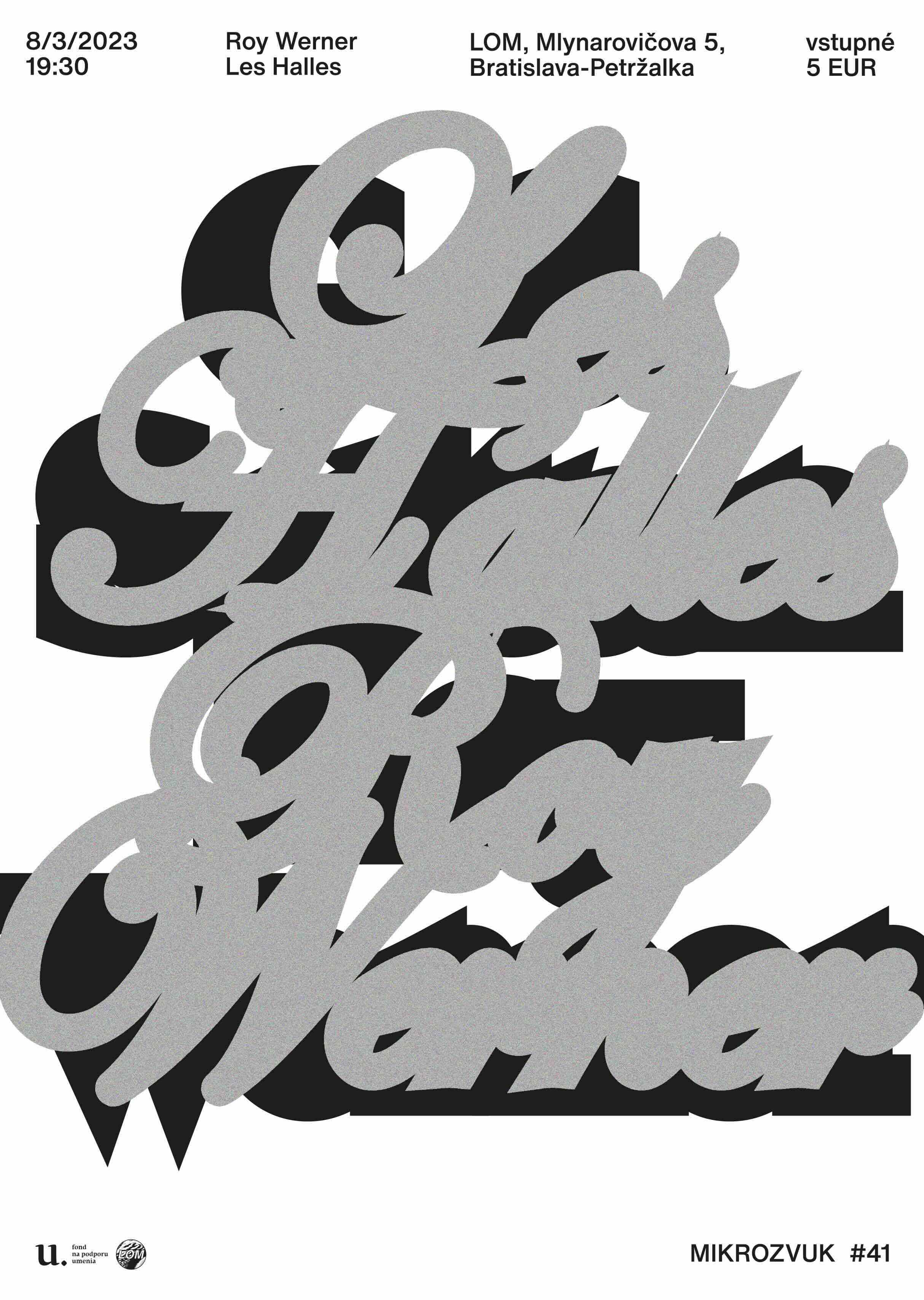
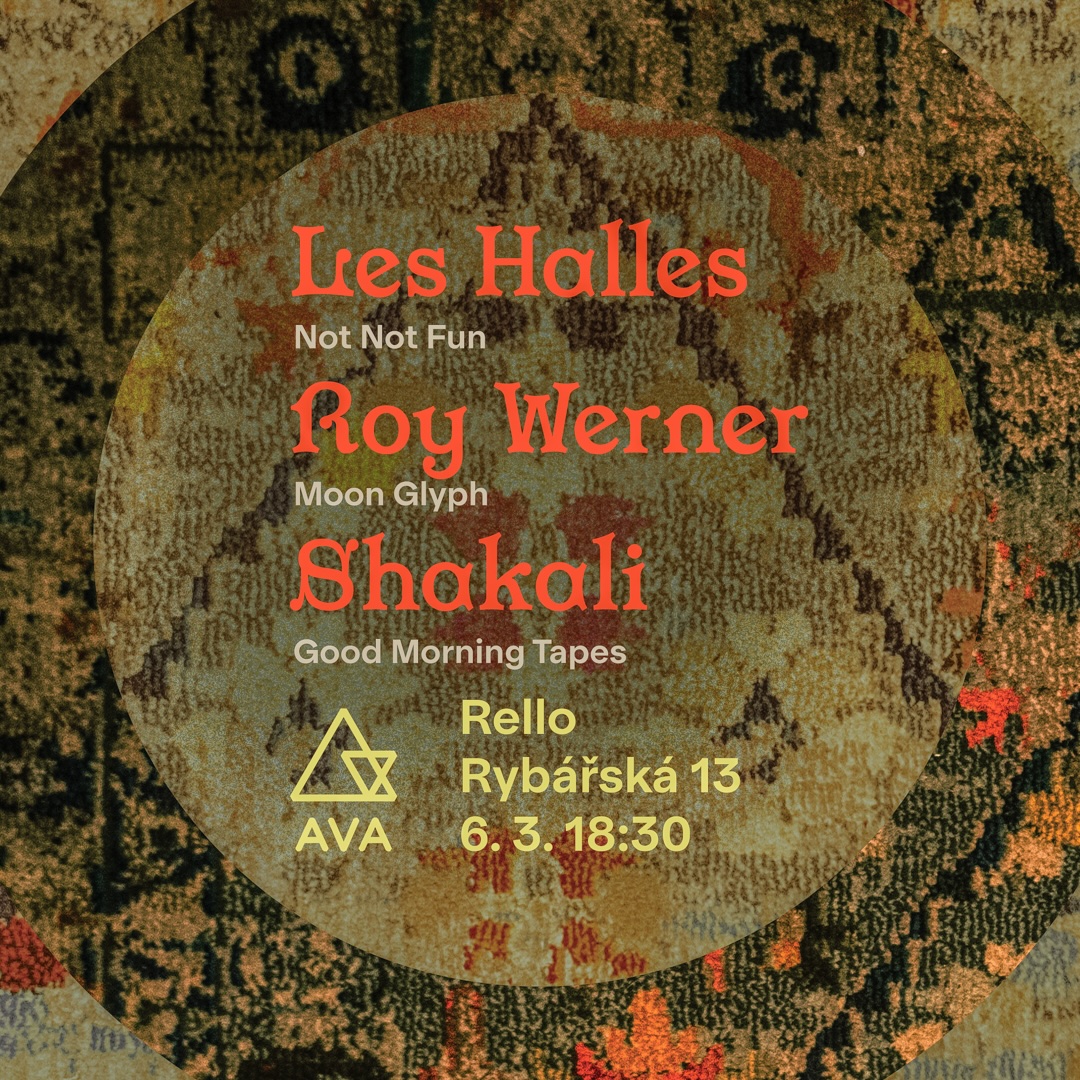

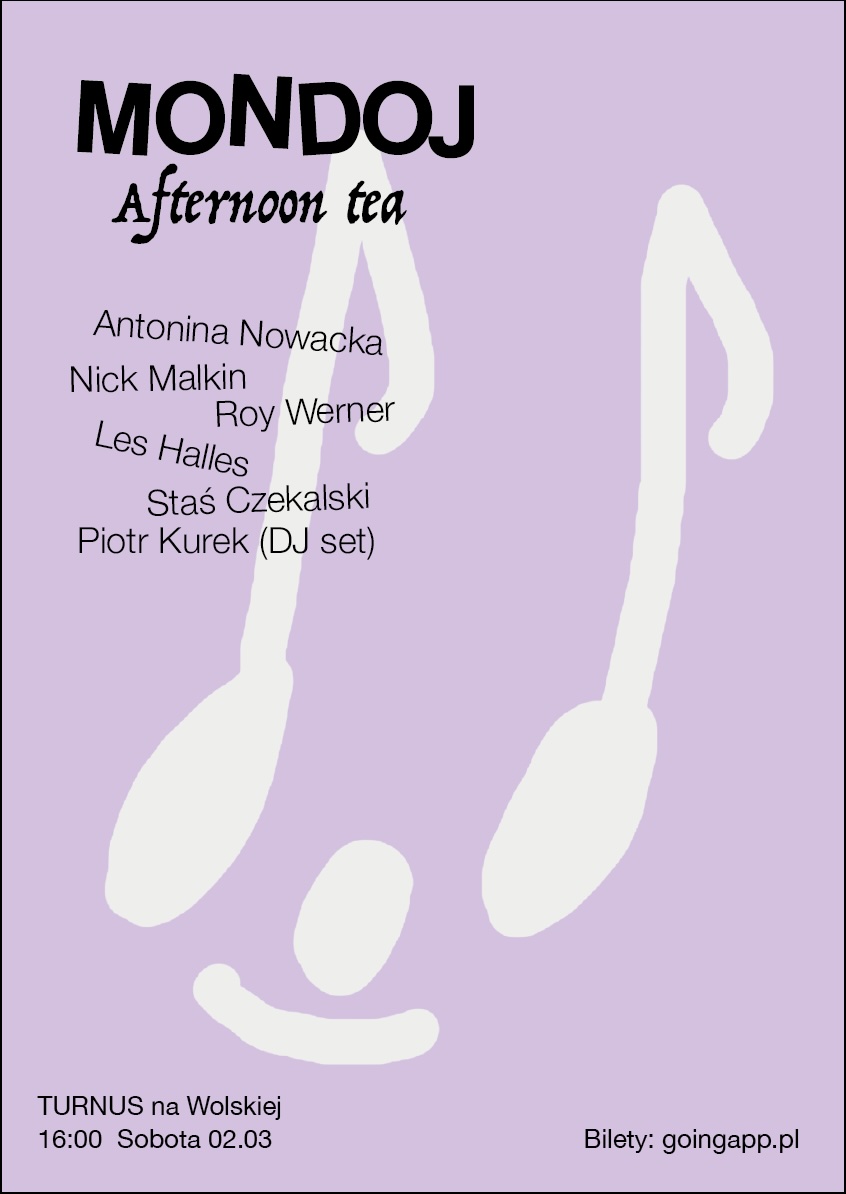
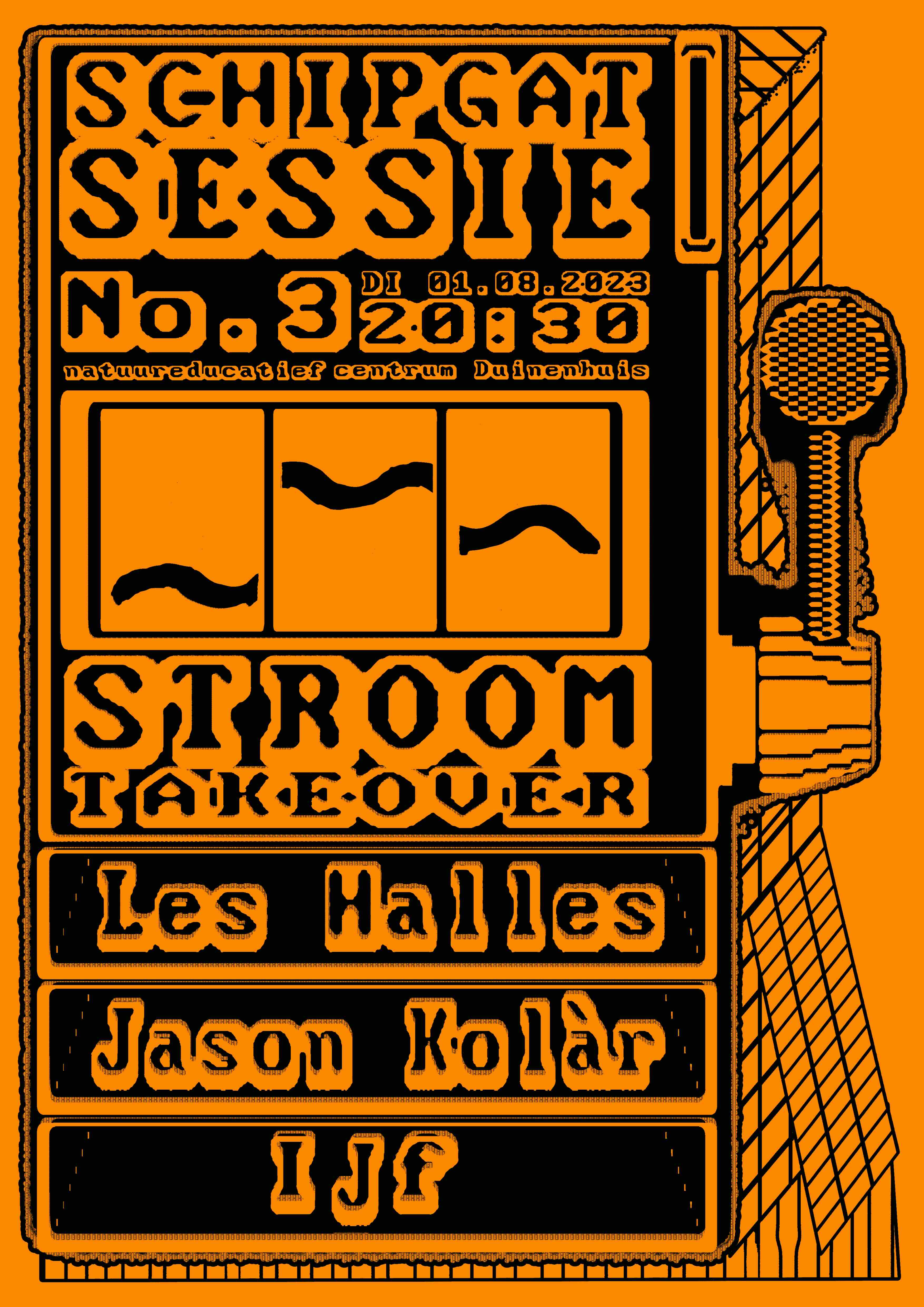
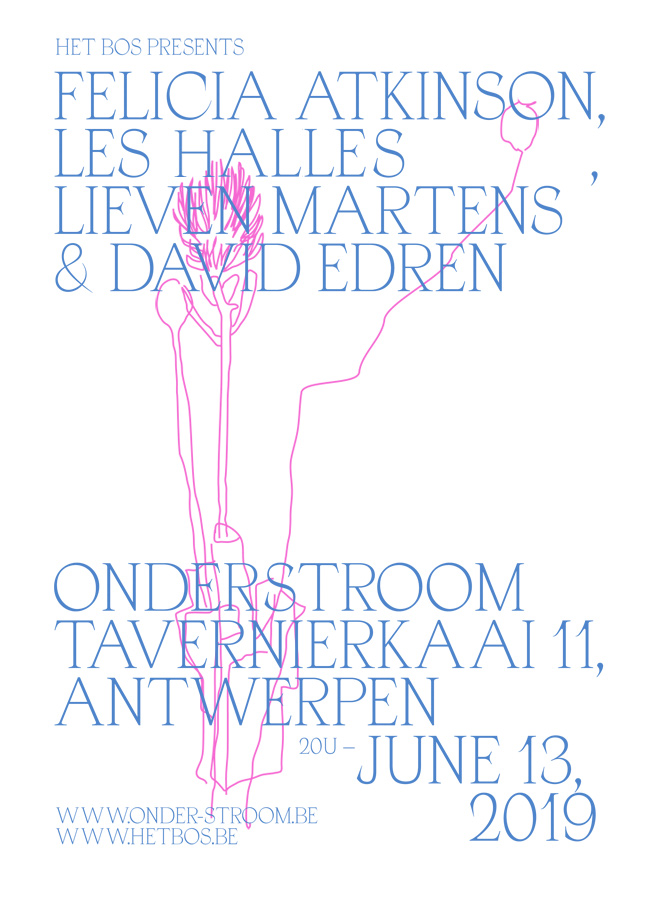
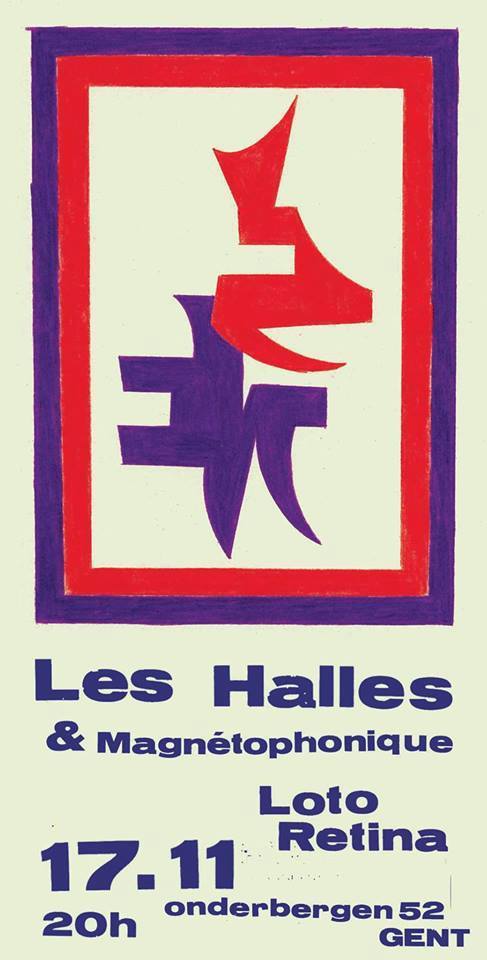
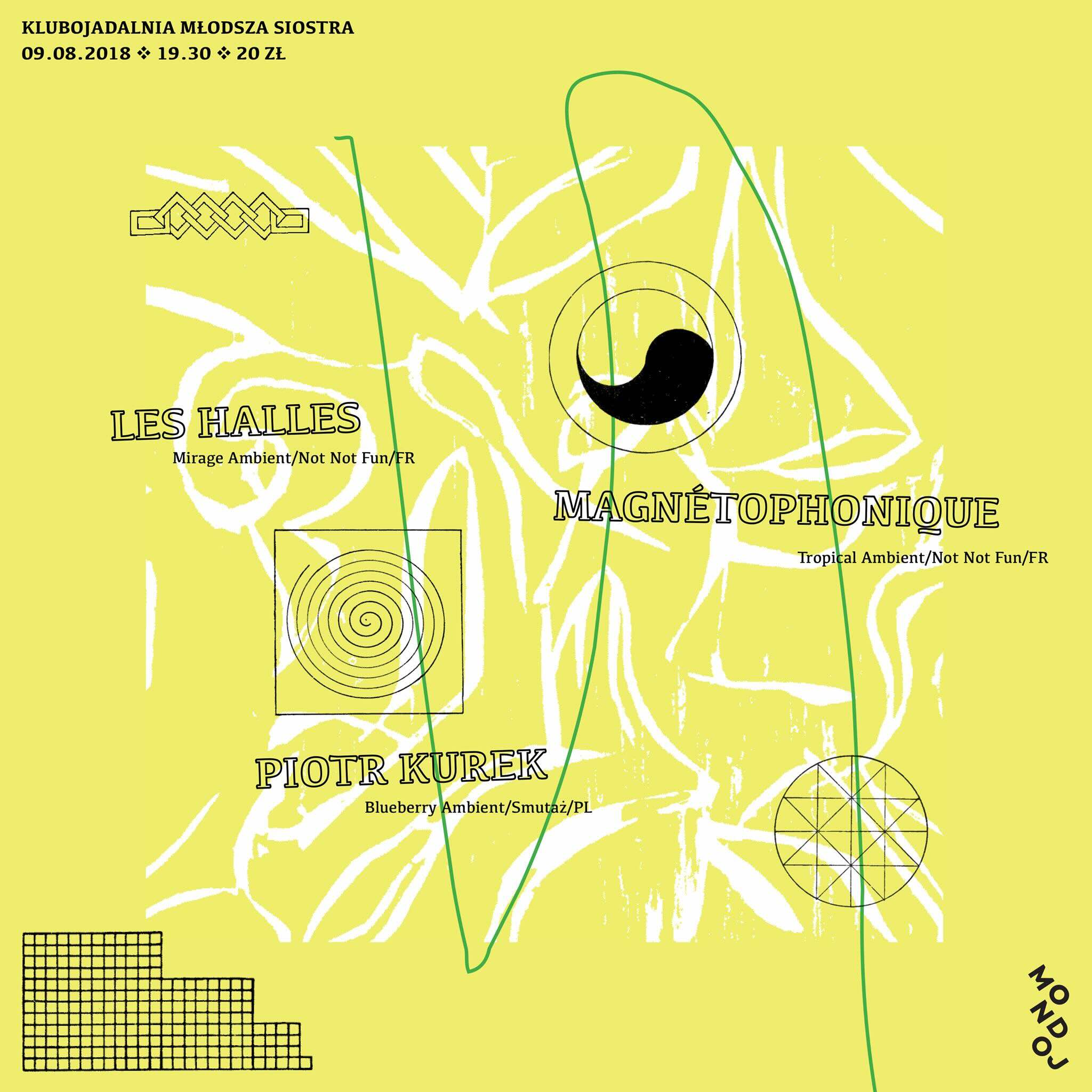
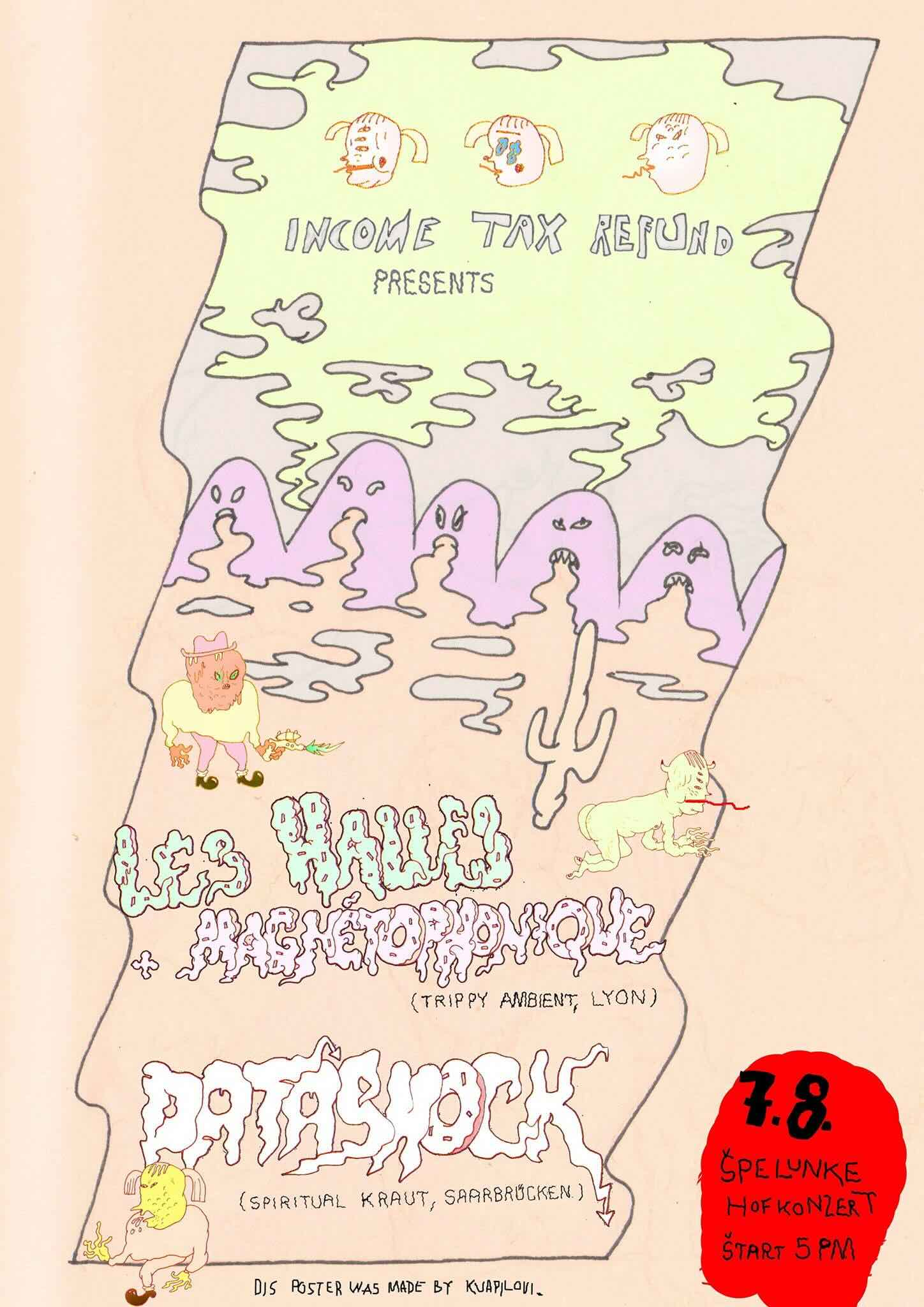
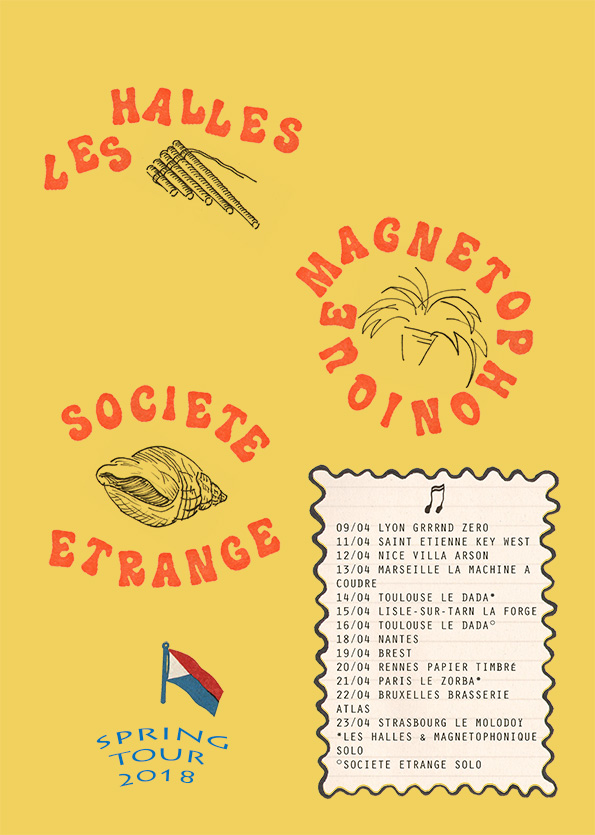
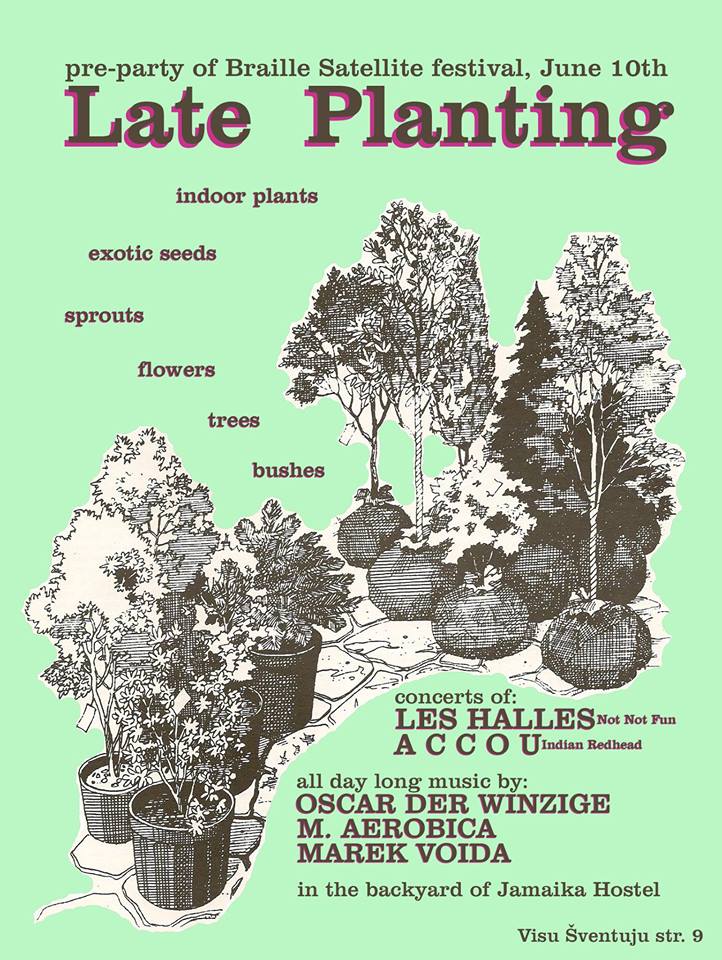
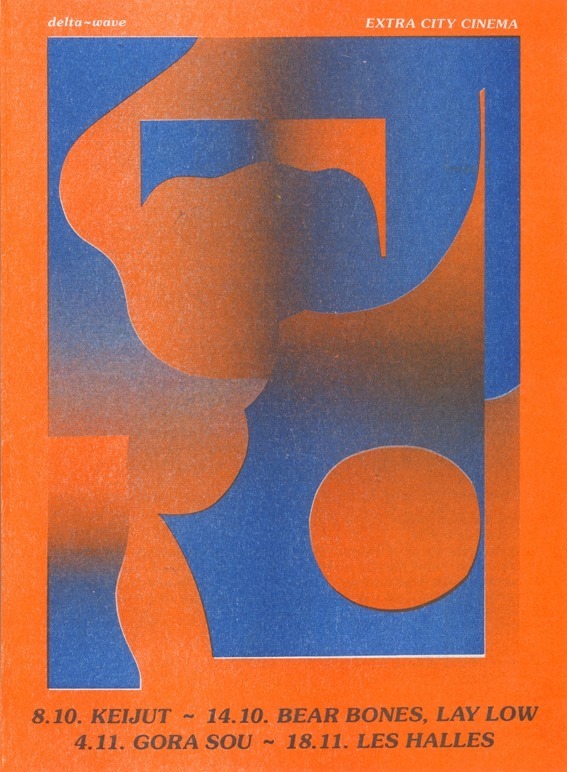
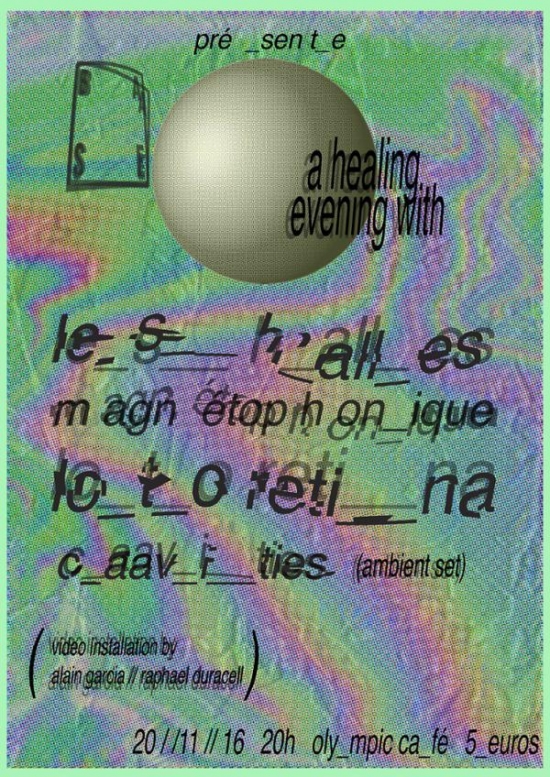
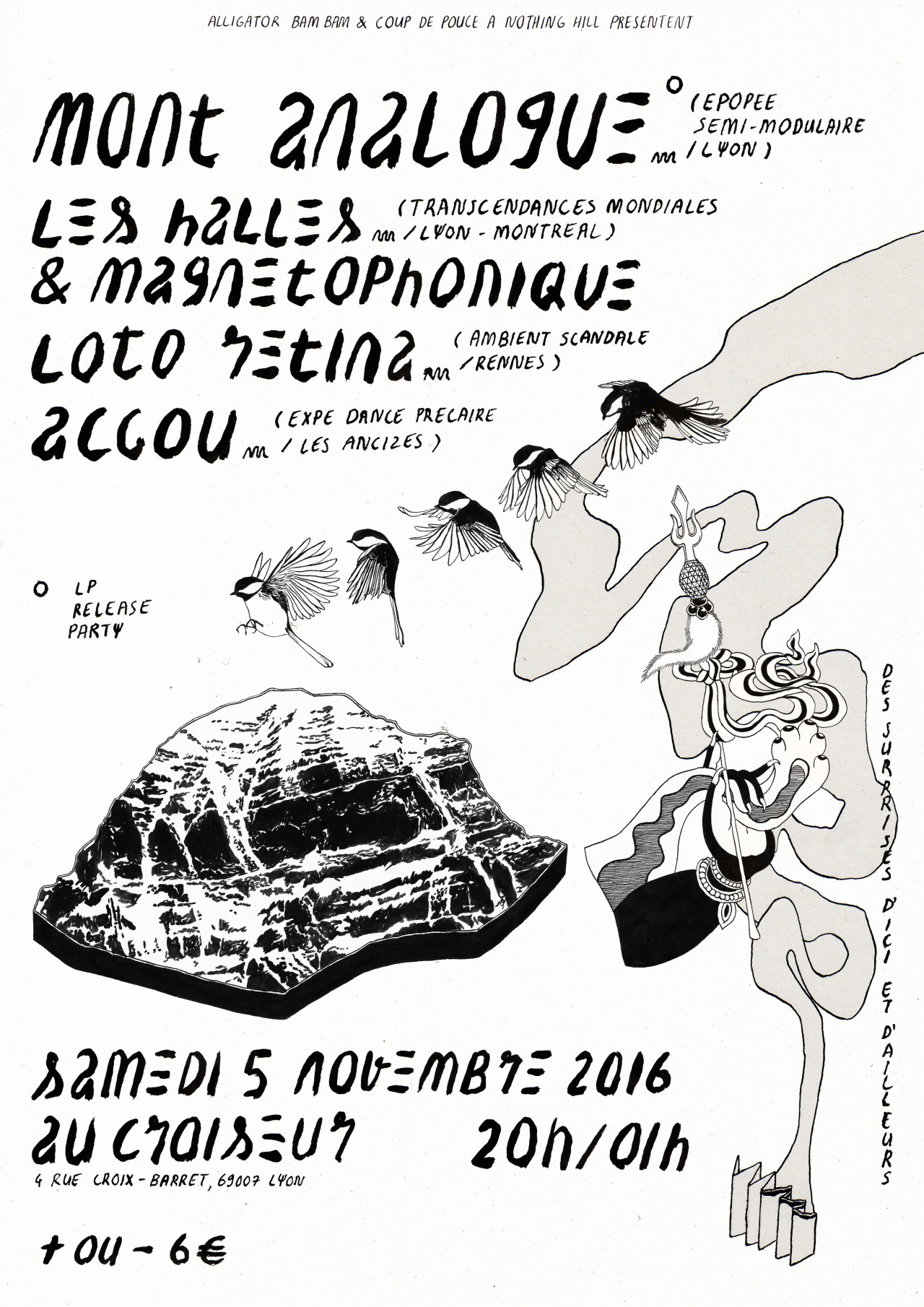
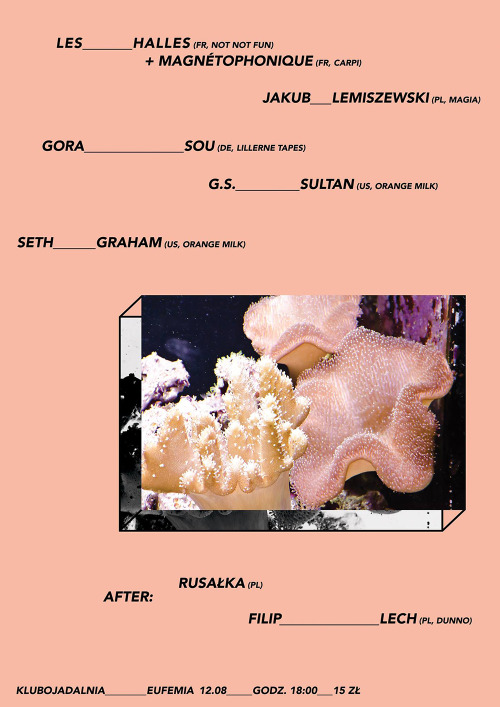
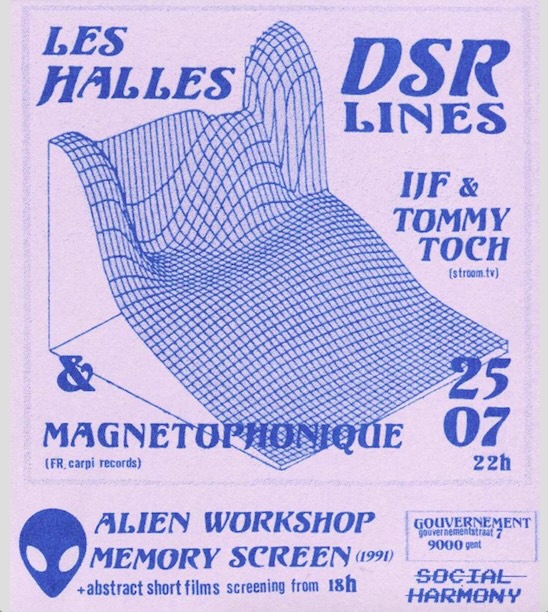
Original Spirit, 2025

“I was admitted to Son Llàtzer Hospital in Mallorca on October 1, 2024, following a psychotic shock”.
This could well have been the opening sentence of a confessional novel but it’s not. It’s the first line of an email, which landed in my mailbox seemingly out of nowhere. The words were written by Baptiste Martin, the composer behind Les Halles.
In his letter, sent as a pdf document, Baptiste offered his friends a concise but striking report on his whereabouts from the past months. In brief, Baptiste was lost, found, lost and found again, yet seemingly forever confined to the walls of his cerebral interior. The letter describes a loss of grip and self-control, like a baby water turtle trying to hoist his way out of the fish tank by scratching the glass walls, without any result.
Baptiste is a musician and not a writer. His opening line is thus followed by an album, not a novel. This is the album. Yet, ‘Original Spirit’ doesn’t tell the story of his psychotic shock as a linear nonfiction, it offers a vague resolution to all the mischief in life: the hope for the existence of an original spirit, untainted despite all that might happen during the course of a life.
The album provokes images of what I would perceive as indeed an original spirit of oneself: an abstract nothingness breezing through landscapes of colours, searching for places beyond the boundaries of what we call freedom in the material world. A stream of sound, nostalgic to a time that never existed, a mystical loophole that we know isn’t there yet still crave for. In short: the sound of an uncannily serene feeling beyond hope.
Ringo Gomez-Jorge.
This could well have been the opening sentence of a confessional novel but it’s not. It’s the first line of an email, which landed in my mailbox seemingly out of nowhere. The words were written by Baptiste Martin, the composer behind Les Halles.
In his letter, sent as a pdf document, Baptiste offered his friends a concise but striking report on his whereabouts from the past months. In brief, Baptiste was lost, found, lost and found again, yet seemingly forever confined to the walls of his cerebral interior. The letter describes a loss of grip and self-control, like a baby water turtle trying to hoist his way out of the fish tank by scratching the glass walls, without any result.
Baptiste is a musician and not a writer. His opening line is thus followed by an album, not a novel. This is the album. Yet, ‘Original Spirit’ doesn’t tell the story of his psychotic shock as a linear nonfiction, it offers a vague resolution to all the mischief in life: the hope for the existence of an original spirit, untainted despite all that might happen during the course of a life.
The album provokes images of what I would perceive as indeed an original spirit of oneself: an abstract nothingness breezing through landscapes of colours, searching for places beyond the boundaries of what we call freedom in the material world. A stream of sound, nostalgic to a time that never existed, a mystical loophole that we know isn’t there yet still crave for. In short: the sound of an uncannily serene feeling beyond hope.
Ringo Gomez-Jorge.
Eight Fantasies, 2022
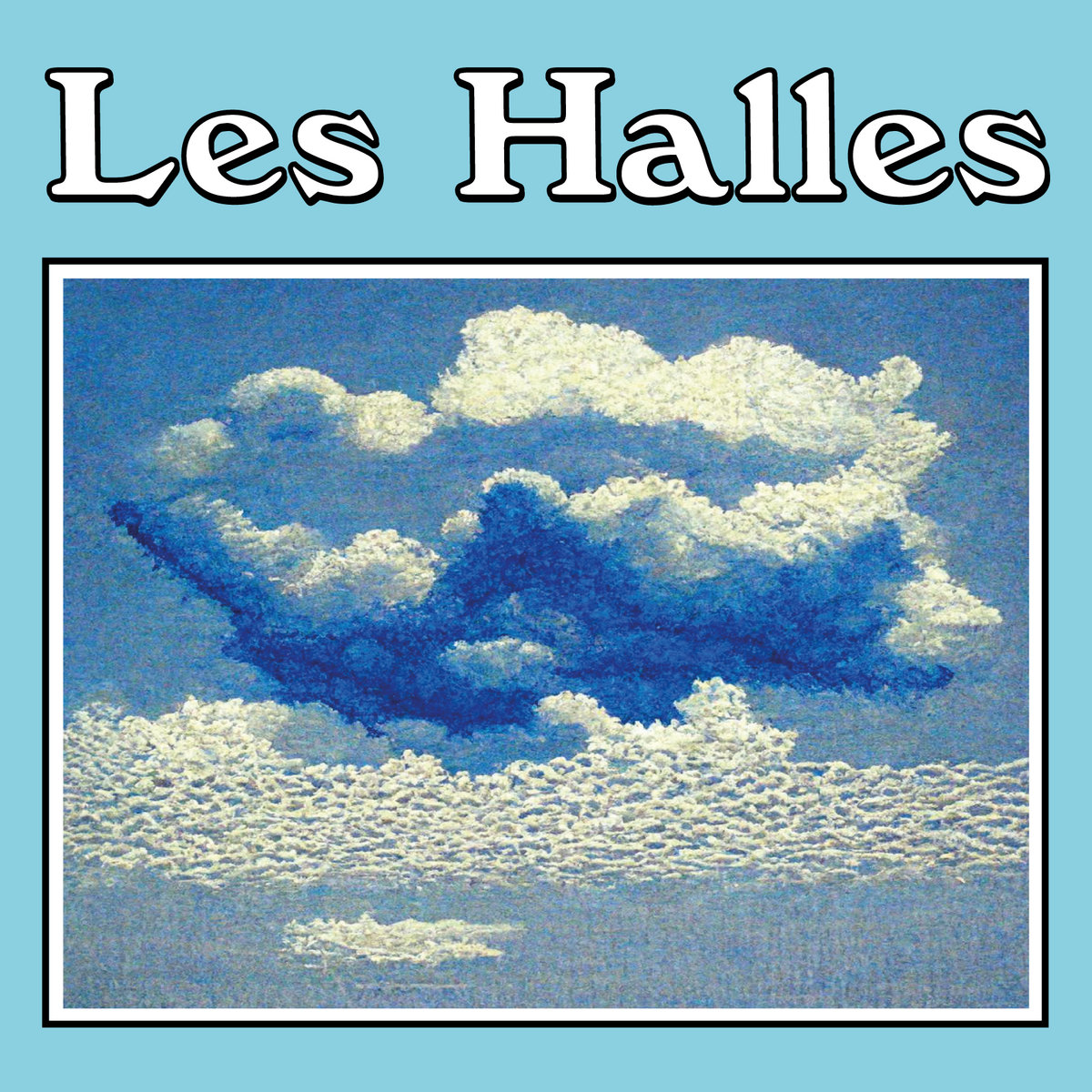
« A January night in the Gulf Stream, quite some time ago. I sat on a stone wall. Watching the bioluminescence spectacle in the ocean. The moon shone mildly. Fish, and other mammals weaving faiths below the waves. Colors flashing in the breakers.
The hiss.
I cried that night for no reason. Did that ever happen to you? In my mind there was a melody playing by Tatsuro Yamashita. Did that ever happen to you? It was not a sad melody - Rainy Walk. But still I cried.
Tears foretell early morning rain.
Over the course of the past few months, Club Brugge’s esteemed midfielder Casper Nielsen, cried twice. With a reason. Raining his soul over the television screen.
Ssssshhhh.
My partner throwing little pebbles in the water. Flashes of fluorescent light. Like a kid splashing with paint on a deep blue paper. Dripping ohs and aahs.
This music - the best music. Brings rain. A silver rain. May your day water by the tears of Baptiste Martin. »
-Lieven Martens (Edições CN).
The hiss.
I cried that night for no reason. Did that ever happen to you? In my mind there was a melody playing by Tatsuro Yamashita. Did that ever happen to you? It was not a sad melody - Rainy Walk. But still I cried.
Tears foretell early morning rain.
Over the course of the past few months, Club Brugge’s esteemed midfielder Casper Nielsen, cried twice. With a reason. Raining his soul over the television screen.
Ssssshhhh.
My partner throwing little pebbles in the water. Flashes of fluorescent light. Like a kid splashing with paint on a deep blue paper. Dripping ohs and aahs.
This music - the best music. Brings rain. A silver rain. May your day water by the tears of Baptiste Martin. »
-Lieven Martens (Edições CN).
Zephyr, 2018
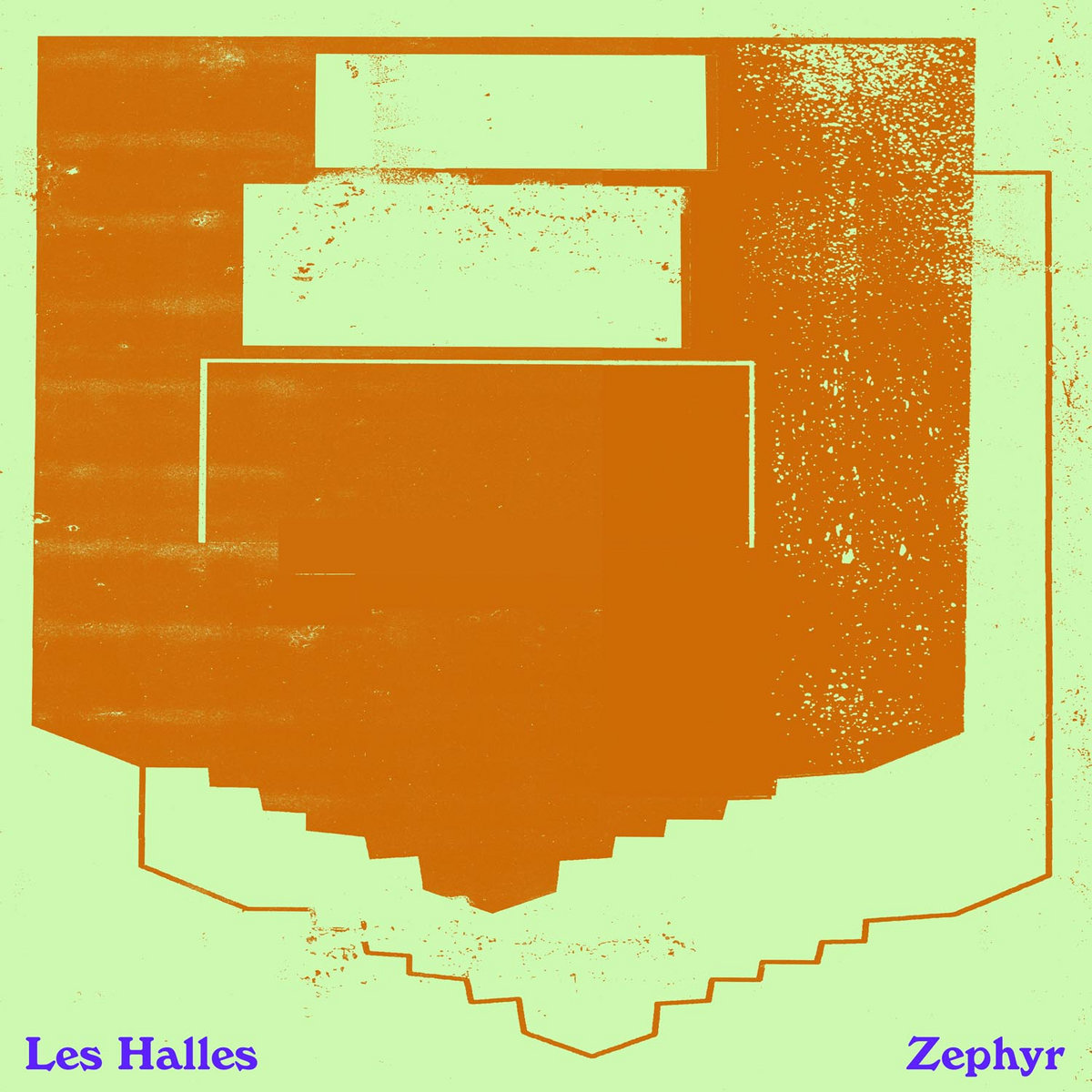
The welcome and wondrous return of Lyon musician Baptiste Martin’s aerial ambient identity Les Halles, following a year’s sabbatical from recording, Zephyr takes its name from a light westerly wind, which aptly evokes the warm, weightless, whispering spirit of these beguiling electro-acoustic designs. Working entirely with a computer for the first time, Martin’s sample bank swelled in both depth and detail, giving his compositions a crisper focus and finer grain. Slovakian fujara flutes shudder and shimmer, offset with rippling PVC panpipes, chimes, and gentle webs of delay.
The tracks are titled according to their sample source, designated with one of three words that are same in French and English: horizon, mirage, and distance. Martin speaks of these pieces as conjuring “landscapes with almost no human traces,” and his criterion for completion is simple: “When I feel like I’m losing the perception of time while listening.” Nine new divinations by one of today’s most attuned waking dreamers.
-Britt Brown (Not Not Fun).
The tracks are titled according to their sample source, designated with one of three words that are same in French and English: horizon, mirage, and distance. Martin speaks of these pieces as conjuring “landscapes with almost no human traces,” and his criterion for completion is simple: “When I feel like I’m losing the perception of time while listening.” Nine new divinations by one of today’s most attuned waking dreamers.
-Britt Brown (Not Not Fun).
Transient, 2016
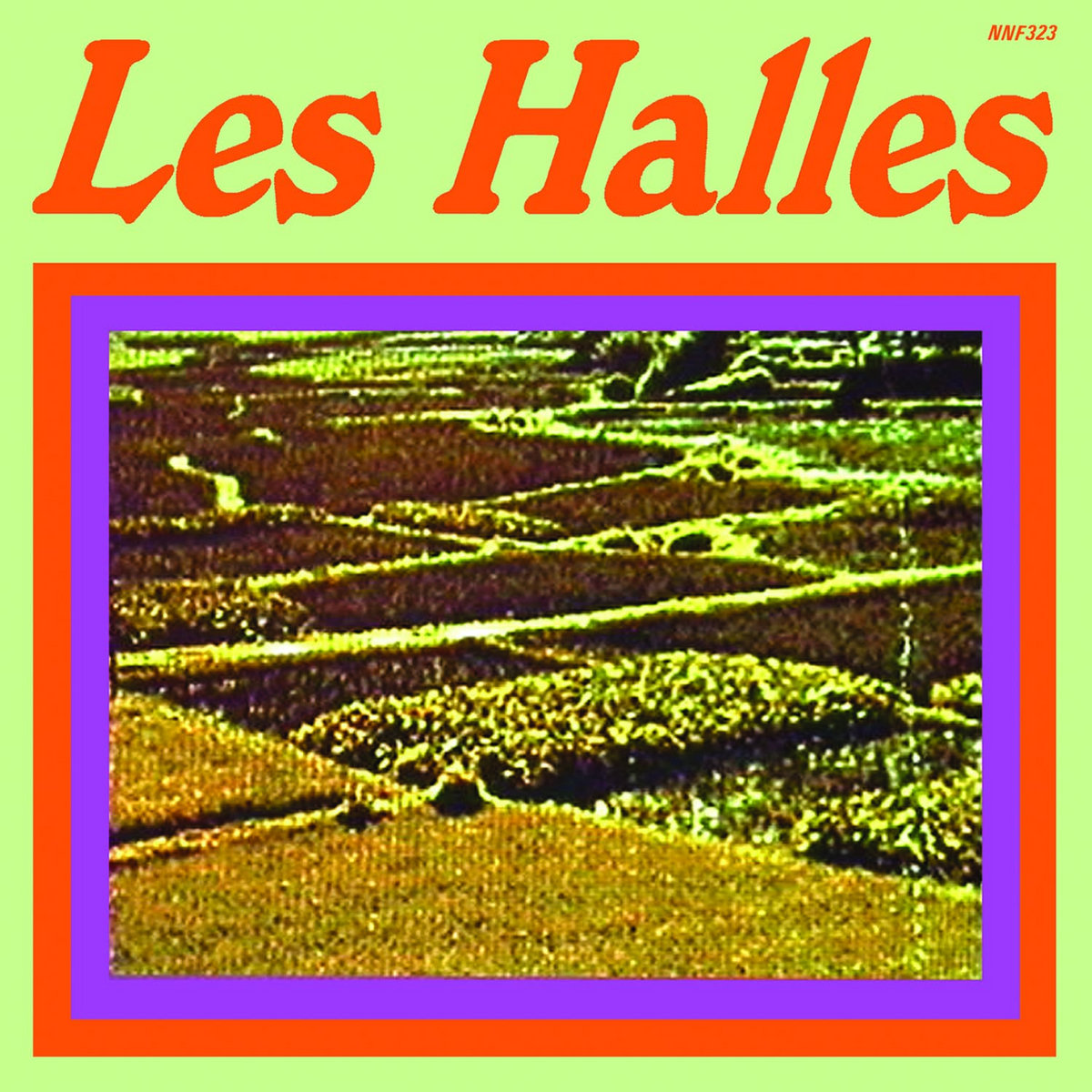
French exoticist Baptiste Martin has been crafting fragile pastures of pan flute, field recordings, and stargazing keys as Les Halles since 2012, inspired by a formatively nostalgic night alone “watching the summer sky, thinking of all the mystery.” Previous collections on Constellation Tatsu and Noumenal Loom showcased the nuance of his signature Incan drift mode but Transient further hones his heightened passage into escapist beauty and Tascam grain. The album’s eight pieces are constructed from Amerindian flute samples diffused through lilting echo and streaked with soft-focus textures. As always with Les Halles, there is a mesmerizing mood of natural space and weightlessness – the breath of sky, clouds smeared by breeze, inner islands of peace. Few current crouched pedal-pushers channel ambient dimensions with such poise and blurry grace. Out of time meditations for a newer new age.
-Britt Brown (Not Not Fun).
-Britt Brown (Not Not Fun).
Invisible Cities, 2014
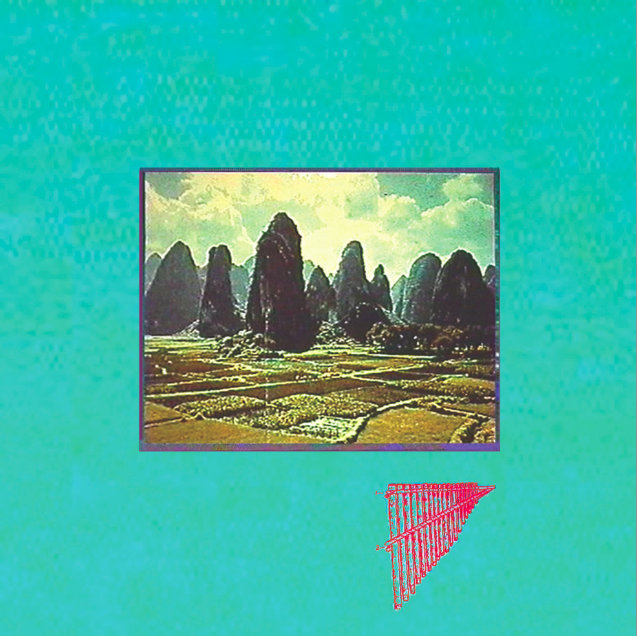
The 2014 debut solo collection by French wind-walker Baptiste Martin aka Les Halles remains a masterpiece of soft light and subdued yearning, woven from grainy panpipe samples, tape hiss, and spectral delay. Recorded late at night in a tiny room in Montpellier, Invisible Cities quivers like a candle by the sea, its fragile illumination flickering against an expanse of sky, silence, and sorrow. The pieces feel both ancient and immediate, glimpsing currents behind the veil, at the threshold of presence and absence. The track titles evoke similarly transient states of echo, memory, and negative mirrors. This is music of solitude and devotion, of empty streets and unremembered dreams, fleetingly captured via the eternal alchemy of FX pedals and a 4-track.
-Britt Brown (Not Not Fun)
This collection of tracks is named after Italo Calvino's Invisible Cities (1972):
"The inferno of the living is not something that will be; if there is one, it is what is already here, the inferno where we live every day, that we form by being together. Learn to recognize who and what, in the midst of the inferno, are not inferno, then make them endure, give them space."
-Britt Brown (Not Not Fun)
This collection of tracks is named after Italo Calvino's Invisible Cities (1972):
"The inferno of the living is not something that will be; if there is one, it is what is already here, the inferno where we live every day, that we form by being together. Learn to recognize who and what, in the midst of the inferno, are not inferno, then make them endure, give them space."
